In an era where technology is advancing at breakneck speed, the need for robust security measures to protect digital assets has never been greater. Vulnerability scanner has emerged as a critical component of the cybersecurity landscape. These scans play a pivotal role in safeguarding assets by identifying missing updates, misconfigurations, and other common security issues. With the constantly evolving threat landscape, it’s imperative for organizations to stay ahead of potential vulnerabilities. This blog delves into the world of vulnerability scanner tools, shedding light on the best options available to help fortify your digital defences.
Understanding Vulnerability Scanner
Before we dive into the list of top vulnerability scanning tools, it’s crucial to have a comprehensive understanding of what vulnerability scanner are and how they operate. Vulnerability scanners are software tools that are designed to identify and analyze vulnerabilities within computer systems, networks, applications, and other digital assets. They work by probing the target systems for potential security weaknesses and provide detailed reports that help organizations prioritize and address these vulnerabilities.
Vulnerability scans can be categorized into various types, including network scanning, web application scanning, and infrastructure scanning. These scans play a pivotal role in preemptively identifying security flaws, allowing organizations to proactively mitigate risks and protect their data.
Talk to our Cybersecurity Expert to discuss your specific needs and how we can help your business.
Top Vulnerability Scanning Tools
Now that we’ve established the importance of vulnerability scanning, let’s explore some of the top vulnerability scanning tools available in the market. These tools vary in terms of their features, capabilities, and target environments. Below is a list of the top vulnerability scanners, each catering to specific needs:
Qualysec: Top Vulnerability Scanner
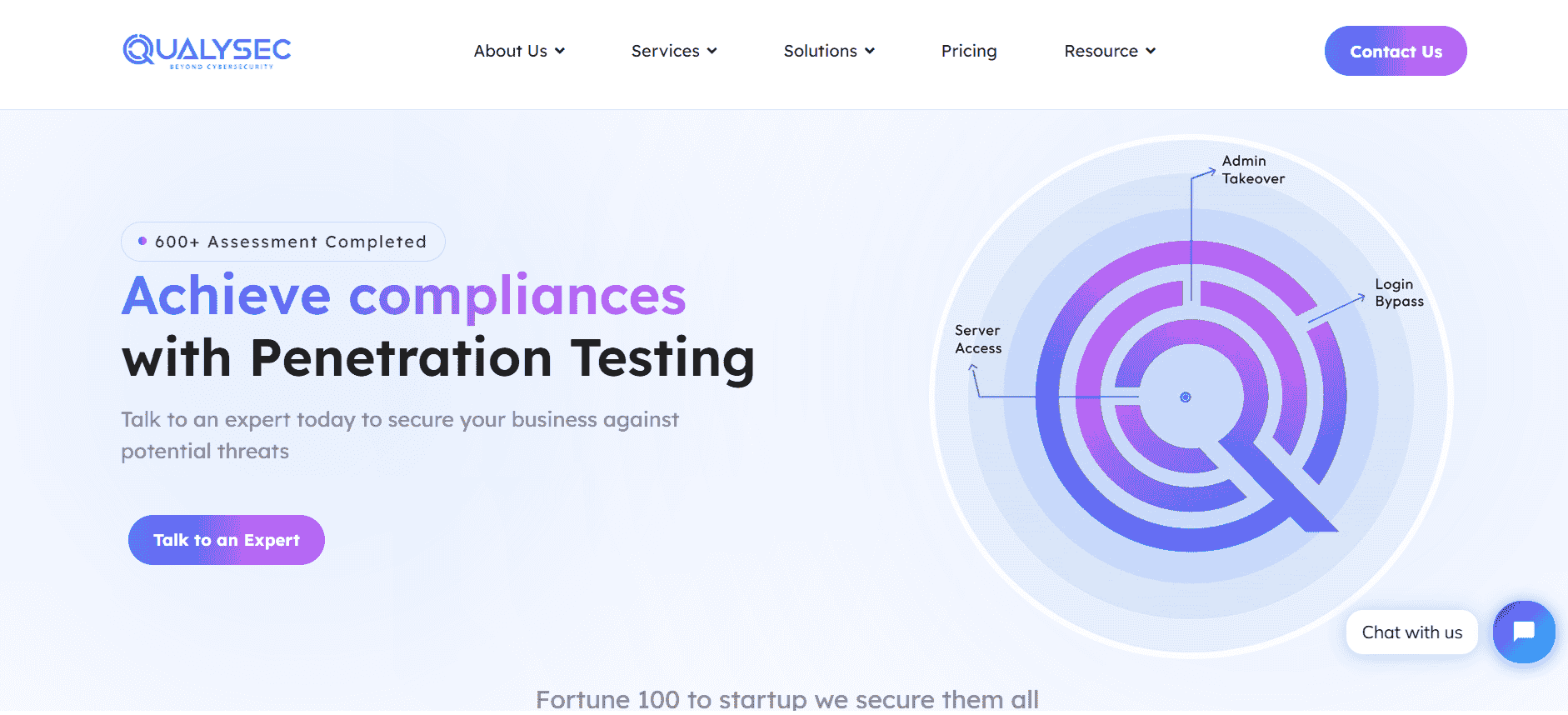
Qualysec is a cybersecurity company founded in 2020 that has quickly become one of the most trusted names in the industry. The company provides services such as VAPT Testing, security consulting, and incident response.
Although Qualysec’s Oppressional office is in India, Qualysec’s extensive knowledge and expertise in cybersecurity testing services have earned a reputation among the Top Vulnerability Scanner Tools Service Provider.
Technicians at Qualysec can detect flaws that fraudsters could abuse. After these flaws have been found, Qualysec collaborates with the organization to establish a plan to address them and boost the company’s overall security posture. Among the several services available are:
- Web Application Pen testing
- Mobile Application Pen testing
- API Pen testing
- Cloud Security Pen testing
- IoT Pen testing
- AI ML Pen testing
The Qualysec team, comprising seasoned offensive specialists and security researchers, collaborates to provide their clients with access to the latest security procedures and approaches. They provide VAPT services using both human and automated equipment.
In-house tools, adherence to industry standards, clear and simple findings with reproduction and mitigation procedures, and post-assessment consulting are all features of Qualysec’s offerings.
The solution offered by Qualysec is particularly beneficial for businesses that must adhere to industry rules or prove their dedication to security to clients and partners. So, by doing routine penetration testing, businesses may see weaknesses and fix them before thieves attack them.
As a result, experts rate Qualysec as the top Vulnerability Scanner Tools.
Invicti: Best Website and Application Vulnerability Scanning Tool
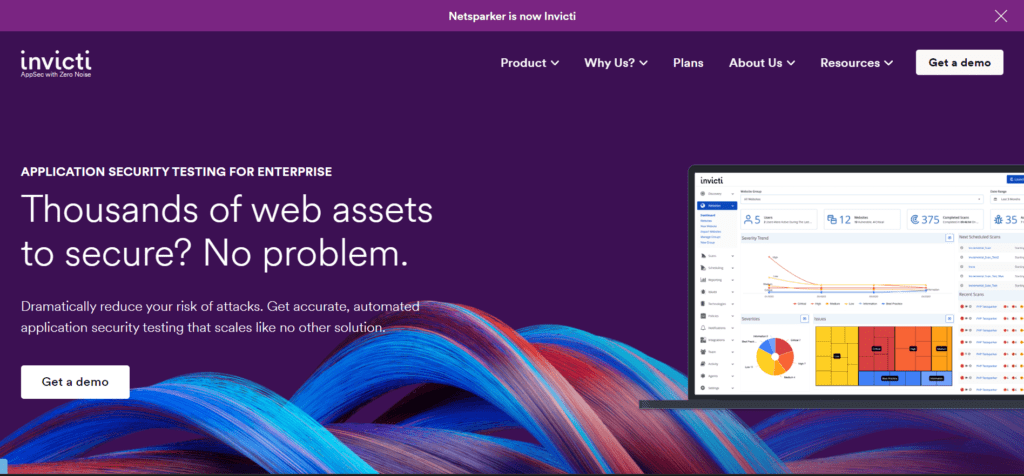
Invicti is a formidable vulnerability scanning tool renowned for its excellence in identifying vulnerabilities in websites and applications. It offers comprehensive web application security testing and is highly regarded for its accuracy and user-friendly interface. Whether you’re a web developer or a security professional, Invicti is an invaluable asset in safeguarding your online presence.
Nmap: Best Open Source Specialty Port Scanner
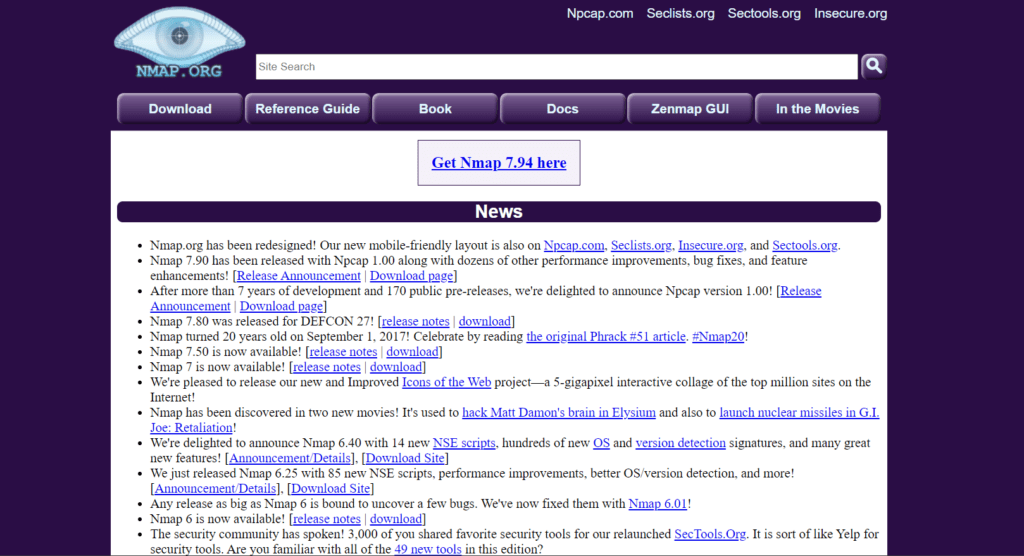
Nmap, short for Network Mapper, is an open-source vulnerability scanning tool renowned for its prowess in network discovery and security auditing. It excels in the realm of port scanning, making it an invaluable resource for network administrators and security enthusiasts. Nmap’s versatility and robust feature set have earned it a place among the best open-source vulnerability scanners available.
OpenVAS: Best Open Source IT Infrastructure Vulnerability Scanner
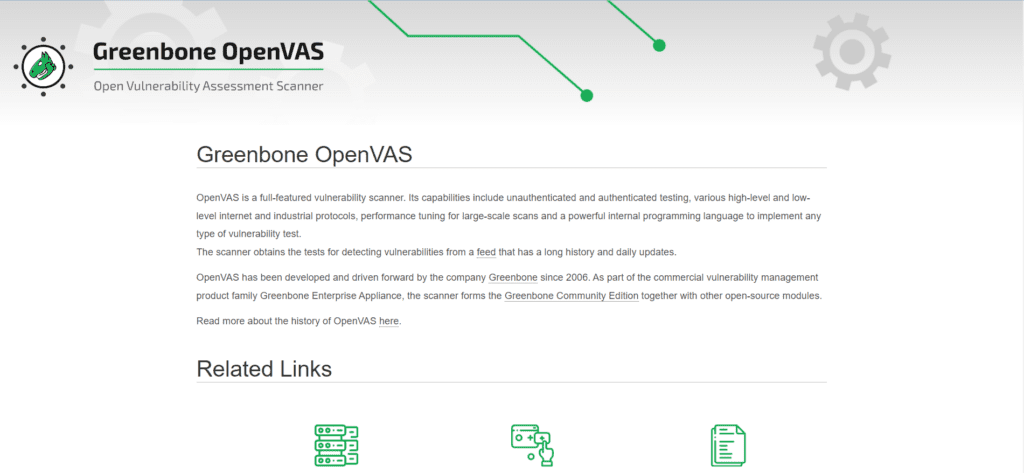
OpenVAS, or Open Vulnerability Assessment System, is another open-source gem in the world of vulnerability scanning. It specializes in auditing the security of IT infrastructures and provides extensive vulnerability assessment capabilities. With its comprehensive knowledge base and powerful scanning engine, OpenVAS is a must-have for organizations looking to secure their IT environments.
RapidFire VulScan: Best MSP / MSSP Option
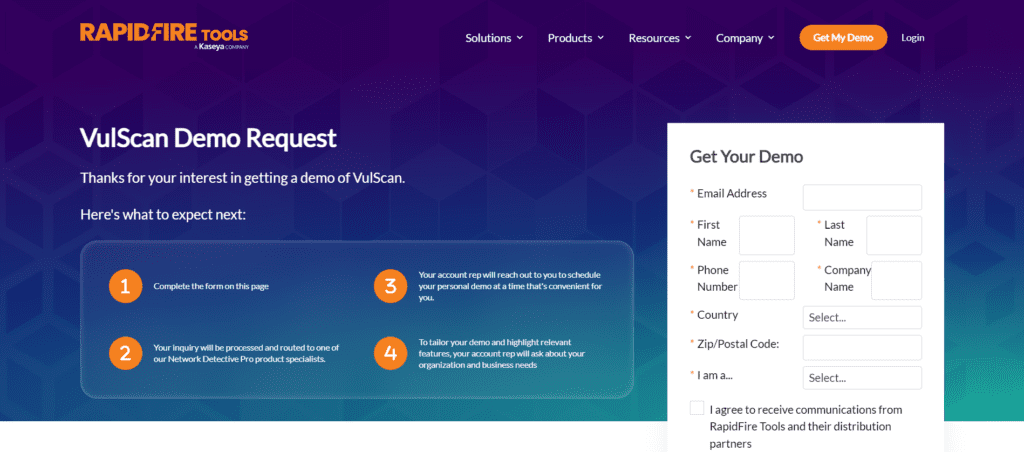
RapidFire VulScan is tailor-made for Managed Service Providers (MSPs) and Managed Security Service Providers (MSSPs). It offers an all-in-one solution for vulnerability scanning and remediation, making it an ideal choice for businesses that manage the security needs of multiple clients. With RapidFire VulScan, MSPs and MSSPs can efficiently and effectively protect the digital assets of their customers.
StackHawk: Best SMB DevOps App Scanner
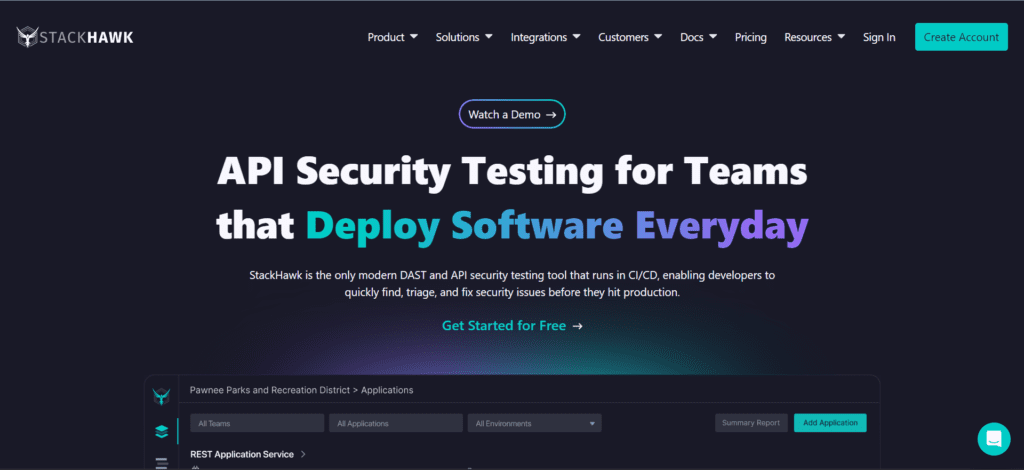
Small and medium-sized businesses (SMBs) often face unique challenges in securing their applications. StackHawk is a vulnerability scanning tool that specifically targets the needs of SMBs with a focus on DevOps application security. Its user-friendly interface, seamless integration into the DevOps pipeline, and continuous scanning capabilities make it an excellent choice for SMBs looking to bolster their application security.
Key Features to Consider
When selecting a vulnerability scanning tool, it’s essential to evaluate various factors to ensure it aligns with your organization’s specific requirements. Here are some key features and factors to consider when choosing a vulnerability scanner:
| Feature | Description |
|---|---|
| Scan Accuracy | The ability to accurately identify vulnerabilities. |
| Ease of Use | User-friendliness and intuitive interfaces. |
| Target Environment | Compatibility with your network, applications, and infrastructure. |
| Reporting and Analytics | Comprehensive reports and data analytics for informed decision-making. |
| Integration Capabilities | Compatibility with your existing security tools and systems. |
| Scalability | The ability to scale with your organization’s needs. |
| Support and Updates | Ongoing support and timely updates to address emerging threats. |
Factors In Choosing A Vulnerability Assessment Scanning Tool
Now, let’s delve deeper into the factors to consider when selecting a vulnerability assessment scanning tool. These factors play a crucial role in ensuring that the tool aligns with your organization’s specific needs:
- Experience: Look for a tool that has a track record of accurately identifying vulnerabilities and providing effective solutions.
- Customer Support: Strong customer support is essential for resolving issues and getting the most out of the tool.
- Compliance: Ensure that the tool helps you meet regulatory compliance requirements relevant to your industry.
- Features: Assess the features of the tool to make sure it addresses the specific vulnerabilities you are concerned about.
- Integrations: Check if the tool can seamlessly integrate with your existing security systems and processes.
- Regular Scans: Regular, automated scans are important for staying ahead of emerging vulnerabilities.
- Detailed Reports: The tool should provide comprehensive reports that are easy to understand and act upon.
- Ease Of Navigation: A user-friendly interface and navigation are crucial for efficient use of the tool.
Attributes That Make Vulnerability Assessment Scanning Relevant
Vulnerability assessment scanning is not just a security measure; it’s a proactive approach to maintaining the integrity of your digital assets. Here are some attributes that make vulnerability assessment scanning relevant in today’s threat landscape:
- Detection Of Vulnerabilities: Vulnerability scanning tools excel at identifying vulnerabilities in your systems, applications, and networks. This early detection is crucial for mitigating potential threats.
- Maintaining Compliance: Many industries have strict compliance requirements. Vulnerability assessment scanning tools help organizations stay compliant by identifying and addressing security weaknesses.
- Enhanced Security: By regularly scanning for vulnerabilities and addressing them promptly, organizations significantly enhance their overall security posture. This reduces the risk of breaches and data leaks.
Steps In Vulnerability Assessment Scanning Explained
Vulnerability Assessment and Penetration Testing (VAPT) is a comprehensive process that involves several steps. Understanding this process is essential for effectively utilizing vulnerability scanning tools:
1. Scoping
Scoping involves defining the scope of the vulnerability assessment. This includes identifying the assets and systems to be scanned, the testing methods to be employed, and the goals of the assessment. A well-defined scope is critical as it sets the boundaries for the assessment, ensuring that resources are utilized efficiently and vulnerabilities are thoroughly examined within the specified context.
2. Vulnerability Scanning
This is the core phase where the vulnerability scanning tool is employed to identify vulnerabilities in the defined scope. The tool systematically probes the systems and applications for potential weaknesses, scanning for known vulnerabilities, misconfigurations, and security gaps. This step provides an initial assessment of the security landscape, highlighting areas that require further attention and remediation.
3. Prioritization
Not all vulnerabilities are equal in terms of risk. Prioritization involves assessing the severity of vulnerabilities and their potential impact on the organization. This step helps in deciding which vulnerabilities to address first, ensuring that resources are allocated to mitigate the most critical security threats promptly.
4. Reporting
After scanning and prioritization, a detailed report is generated. The report includes information about vulnerabilities, their severity, and recommendations for remediation. The quality of the report is crucial, as it serves as a guide for security and IT teams, providing the information needed to address vulnerabilities effectively.
5. Remediation
Remediation involves addressing and fixing the identified vulnerabilities. This step requires coordination between IT teams and security personnel to ensure that issues are resolved effectively. Successful remediation is the key to closing the security gaps and improving the overall security posture of the organization.
6. Rescanning
Once vulnerabilities are addressed, it’s crucial to perform follow-up scans to ensure that the remediation efforts were successful. This step closes the loop of the VAPT process and helps maintain a secure environment.
Incorporating these steps into your security practices, along with the right vulnerability scanning tool, is essential for safeguarding your digital assets and staying ahead of evolving cyber threats.
Safeguard your digital assets with the right vulnerability scanner, and stay one step ahead of cyber threats in today’s interconnected world. By following these steps and considering the factors mentioned above, you can enhance your organization’s security posture and minimize potential risks.
Latest Penetration Testing Report
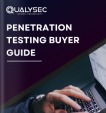
Conclusion
Vulnerability scanners have become indispensable tools in the fight against cyber threats. Organizations use them to identify and address security weaknesses before malicious actors can exploit them. As the threat landscape continues to evolve, staying ahead of potential vulnerabilities remains of paramount importance.
In this blog, we’ve highlighted some of the top vulnerability scanning tools, each catering to specific needs and use cases. Whether you’re a web developer, network administrator, IT infrastructure manager, or a Managed Service Provider, there’s a vulnerability scanning tool that can help protect your assets.
Qualysec has a successful track record of serving clients and providing cybersecurity services across a range of industries such as IT. Their expertise has helped clients identify and mitigate vulnerabilities, prevent data breaches, and improve their overall security posture.
When it comes to comprehensive cybersecurity audits, Qualysec is the organization to go with. Their cost of VAPT guide helps clients make informed decisions by understanding the various factors that affect the cost by clicking here.
FAQs
Q1: Why is experience an important factor in choosing a vulnerability scanning tool?
- A: Experience matters because a tool with a proven track record is more likely to accurately identify vulnerabilities and provide effective solutions. This reduces the risk of false positives and ensures that real security threats are addressed.
Q2: How does customer support impact the choice of a vulnerability scanning tool?
- A: Customer support is vital for resolving issues, getting assistance, and making the most of the tool’s capabilities. Responsive and knowledgeable support can make a significant difference in your organization’s ability to manage and utilize the tool effectively.
Q3: Why is compliance a crucial consideration when selecting a vulnerability scanning tool?
- A: Compliance ensures that your organization adheres to industry-specific regulations and standards. Choosing a tool that aligns with compliance requirements helps in maintaining a secure and compliant environment, reducing the risk of penalties and legal issues.
Q4: What role do integrations play in vulnerability assessment scanning?
- A: Integrations allow the vulnerability scanning tool to work seamlessly with your existing security systems and processes. This streamlines your cybersecurity efforts and ensures a more comprehensive and interconnected security strategy.
Q5: Why are regular scans essential for staying ahead of vulnerabilities and threats?
- A: Regular, automated scans are crucial because they continuously monitor your systems and applications for emerging vulnerabilities. This proactive approach helps in identifying and addressing security weaknesses before they can be exploited by malicious actors.



























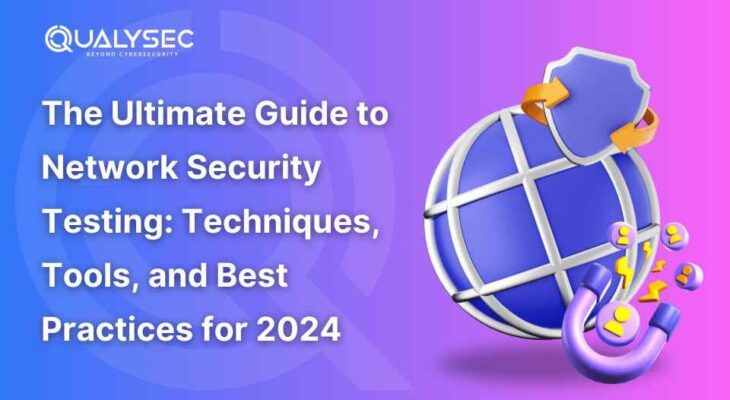






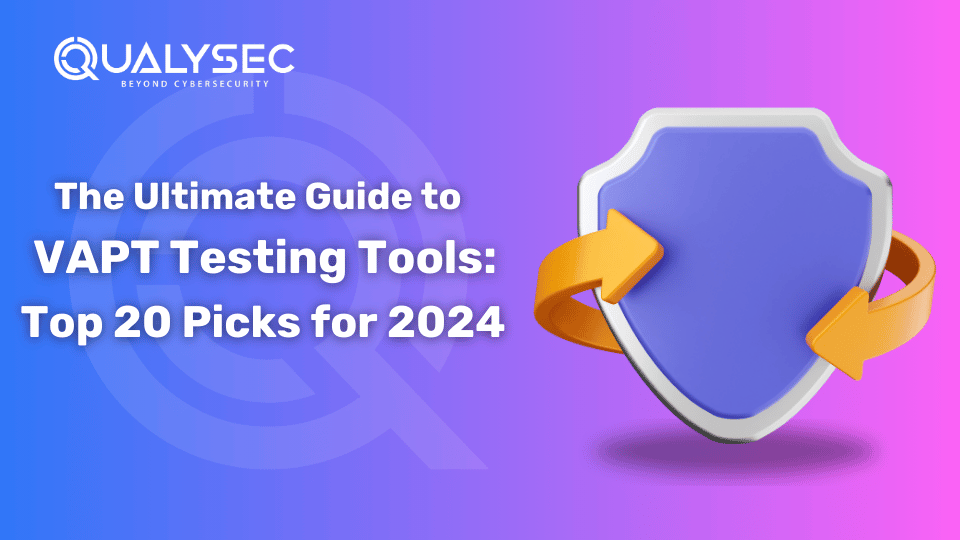

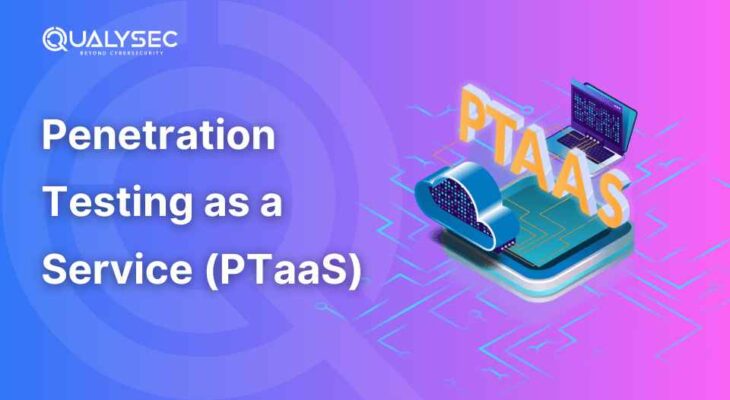

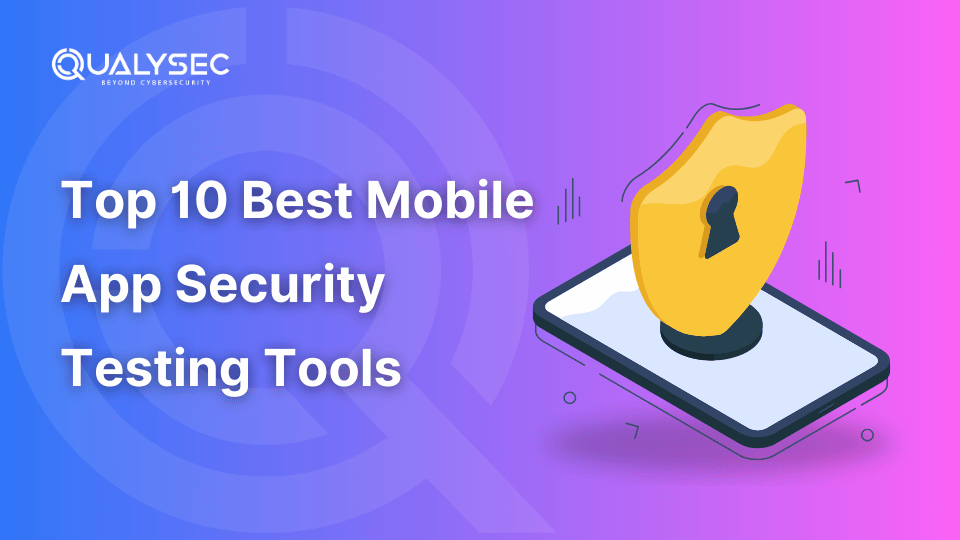

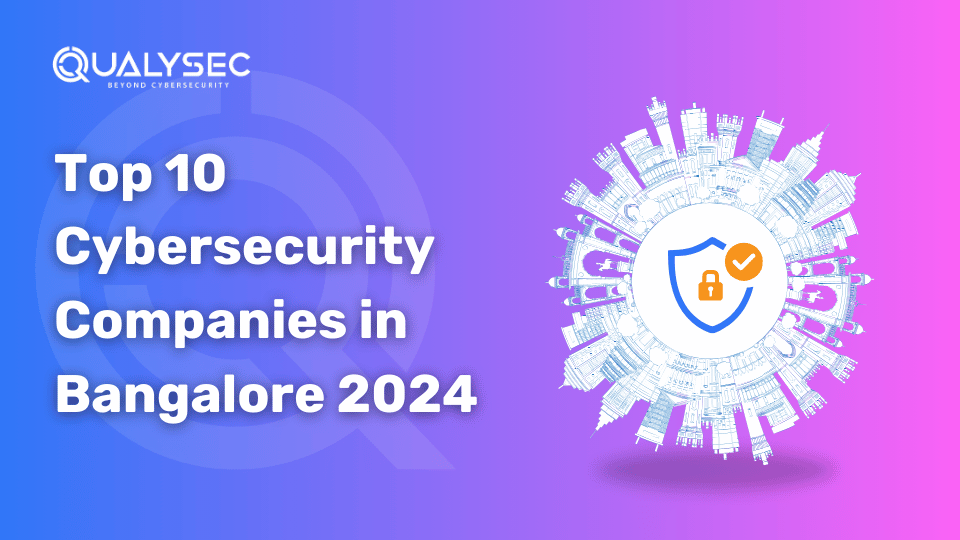

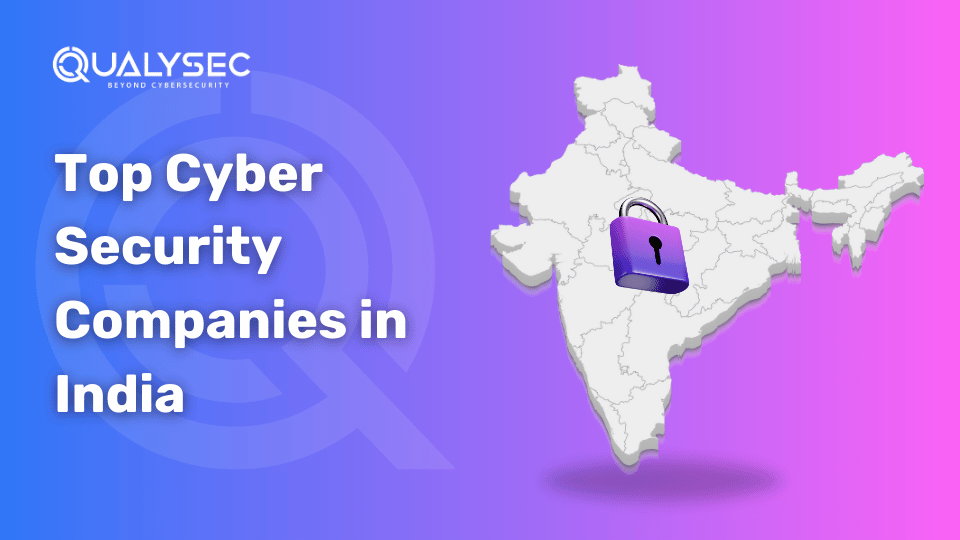
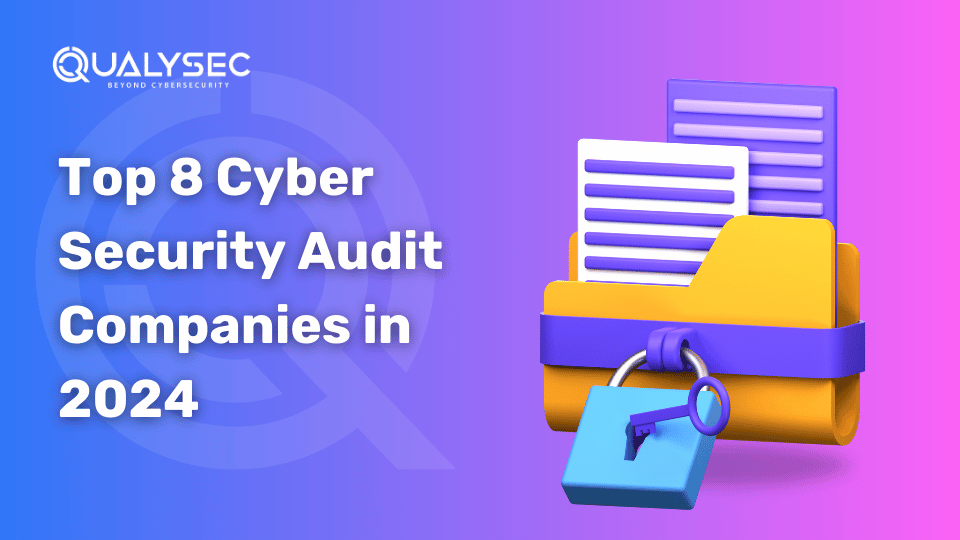
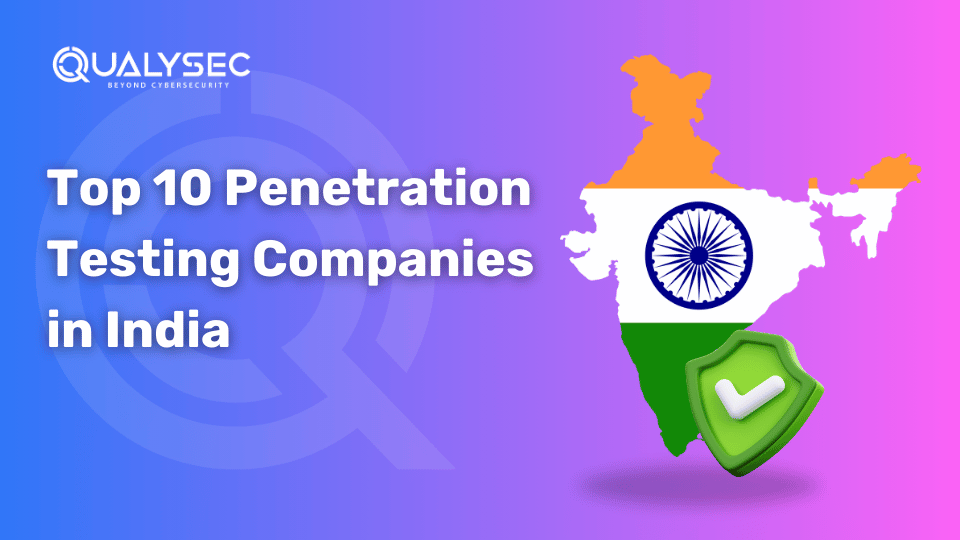





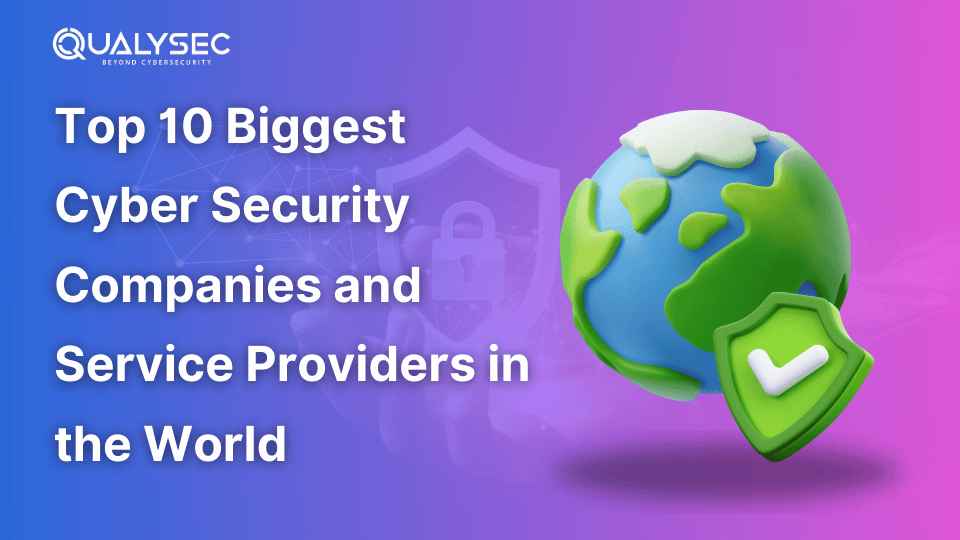
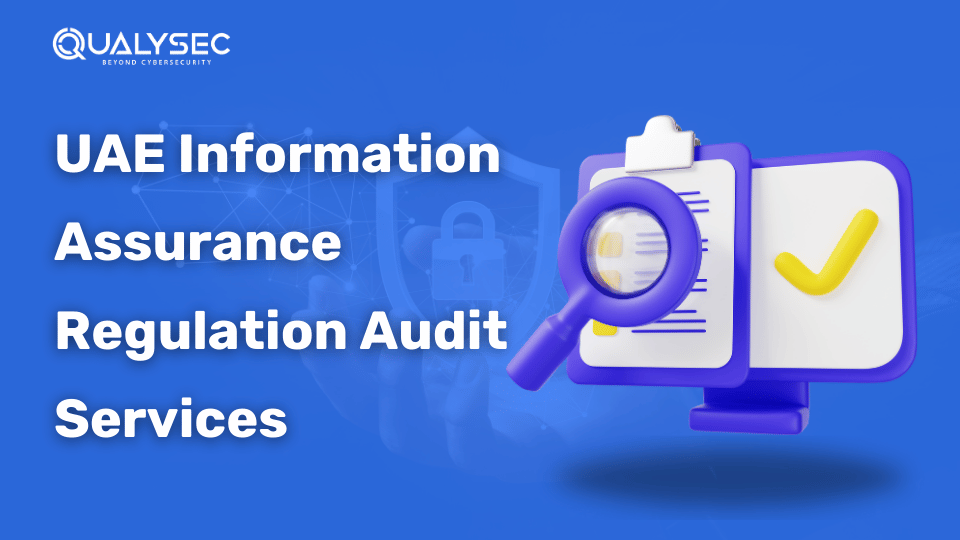




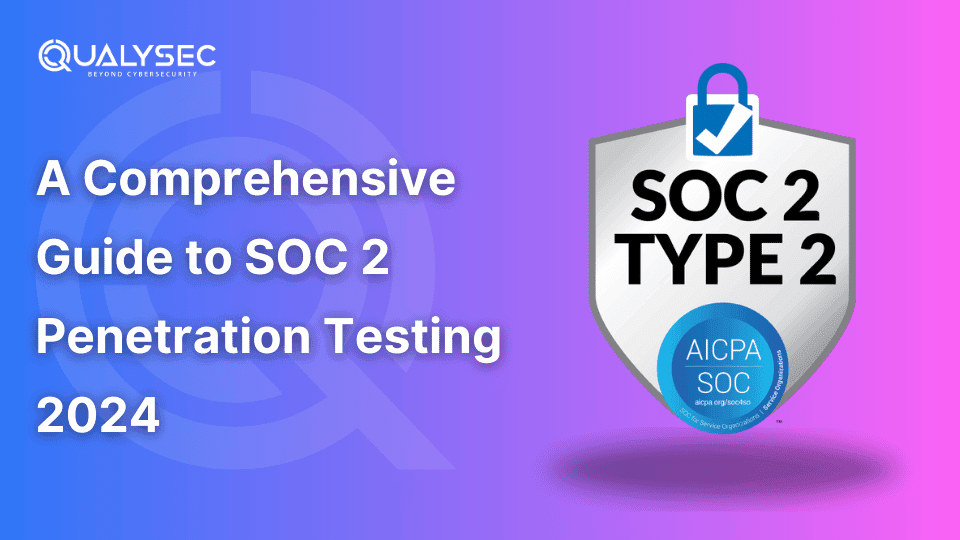






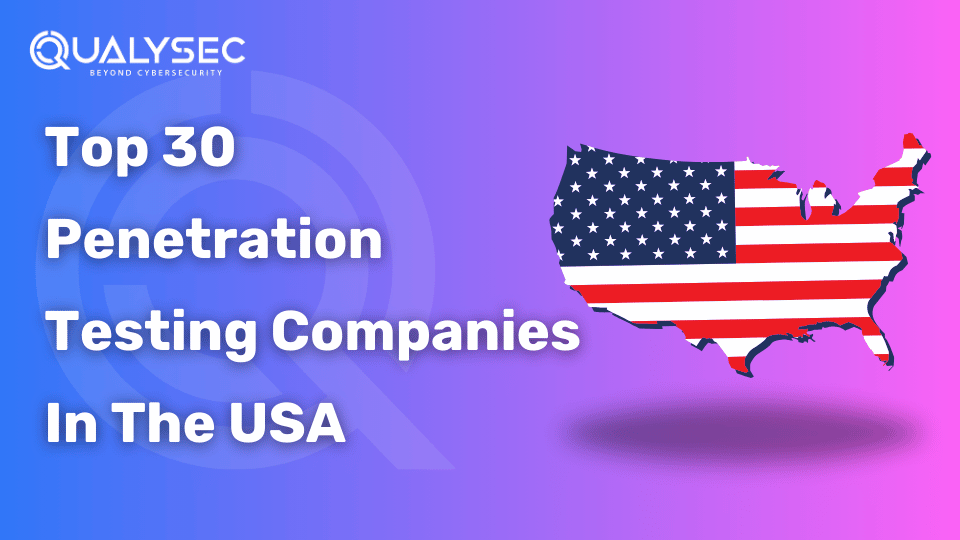
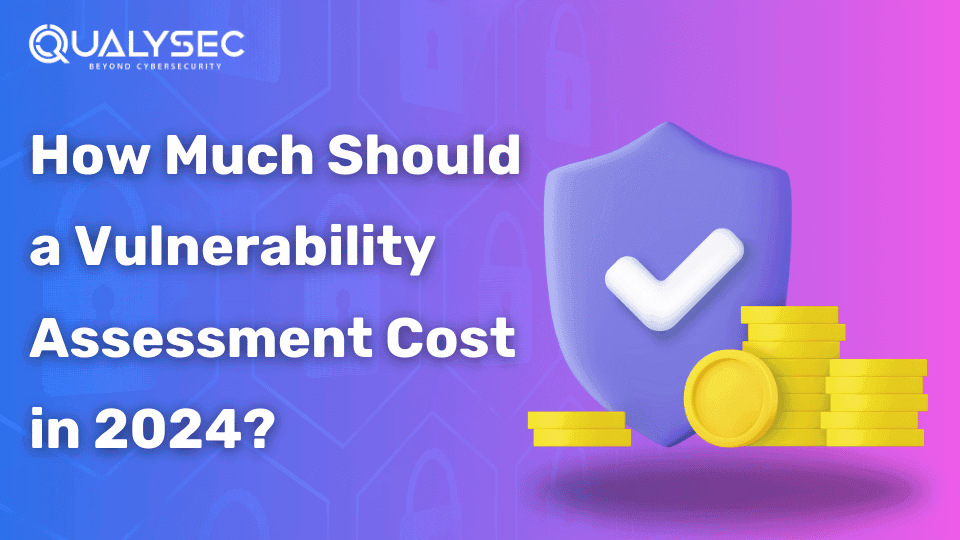







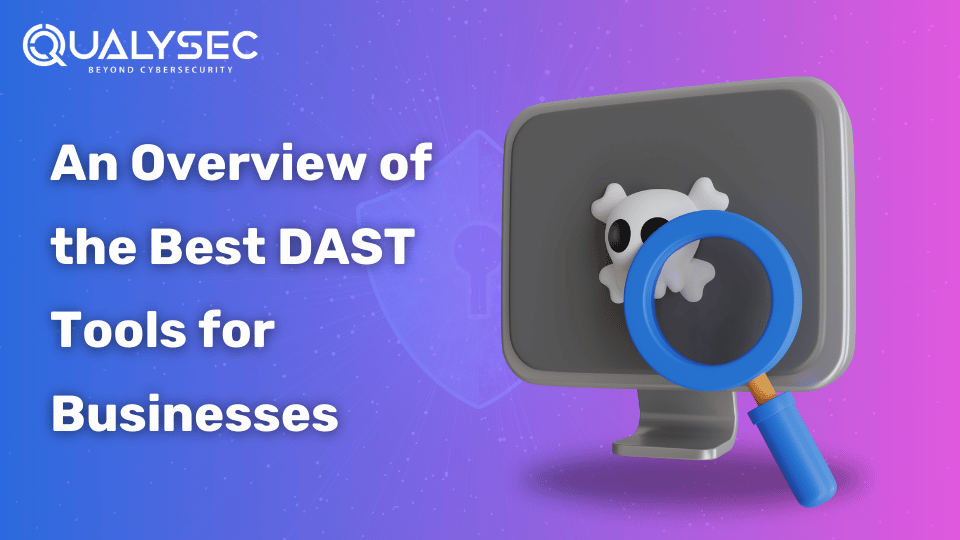









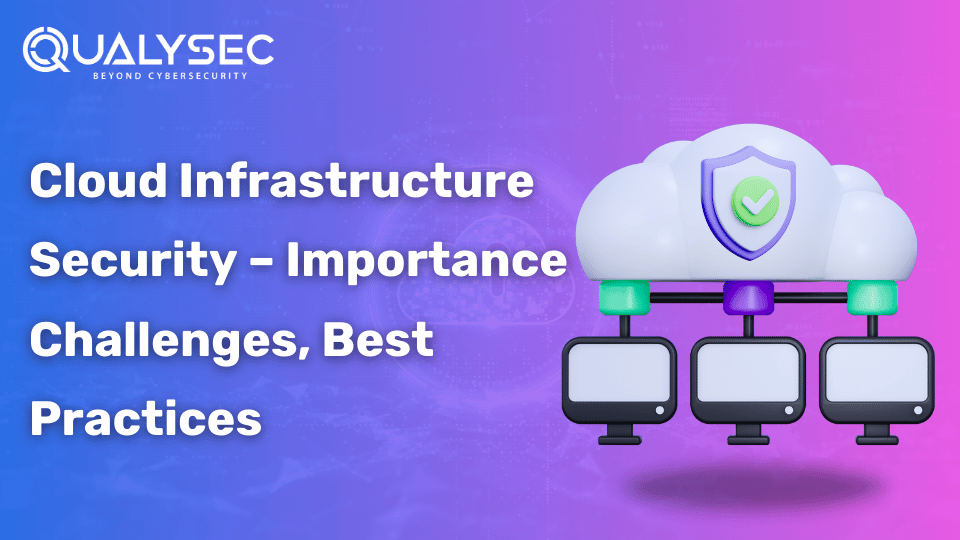

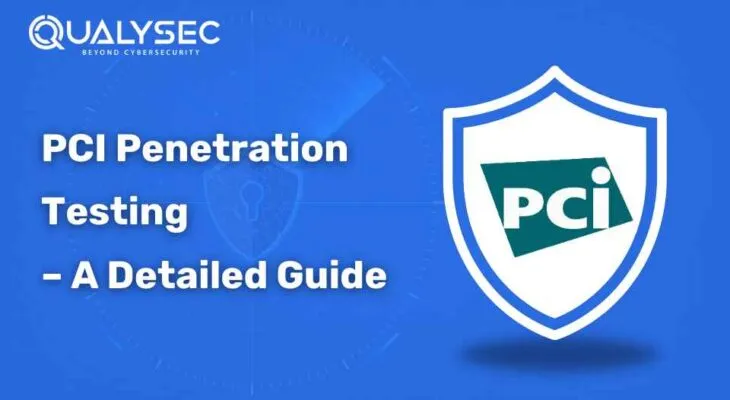
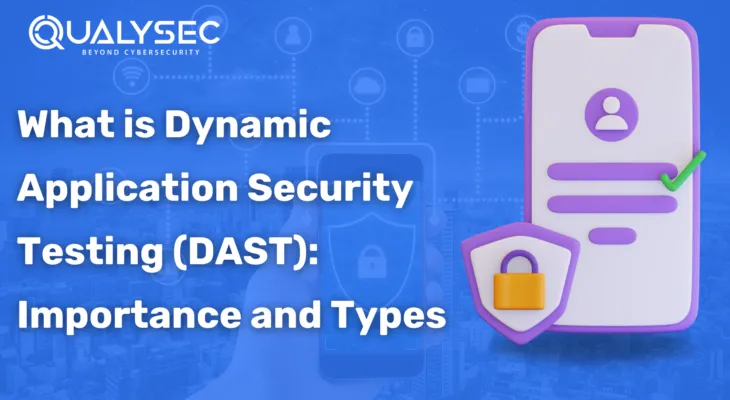
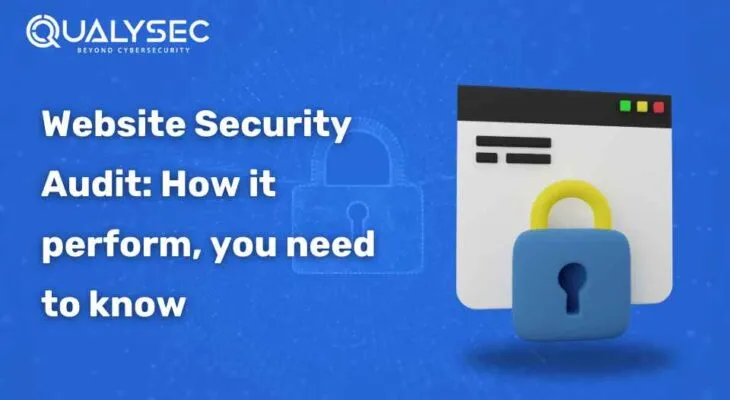
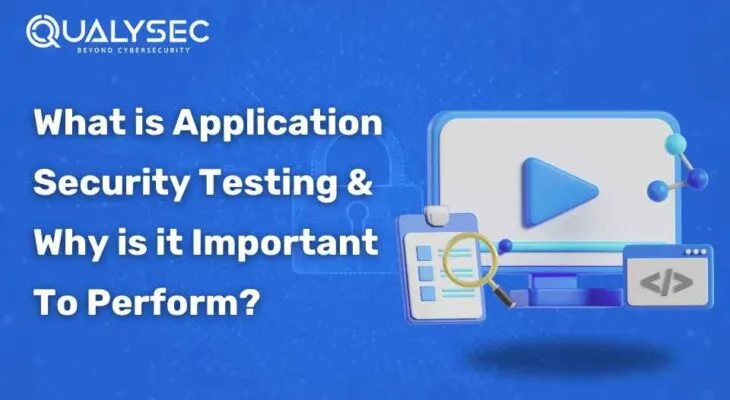
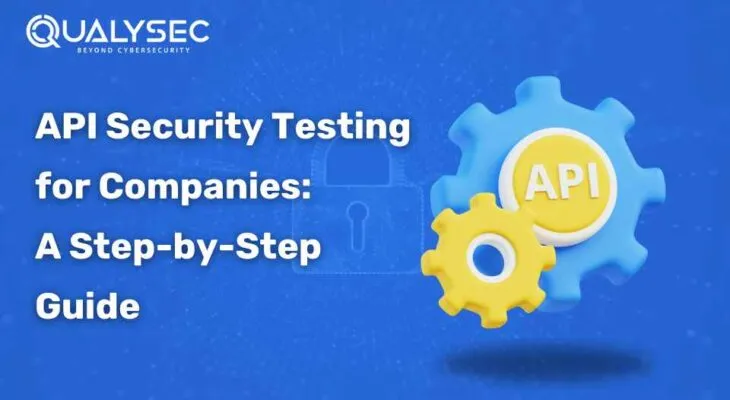
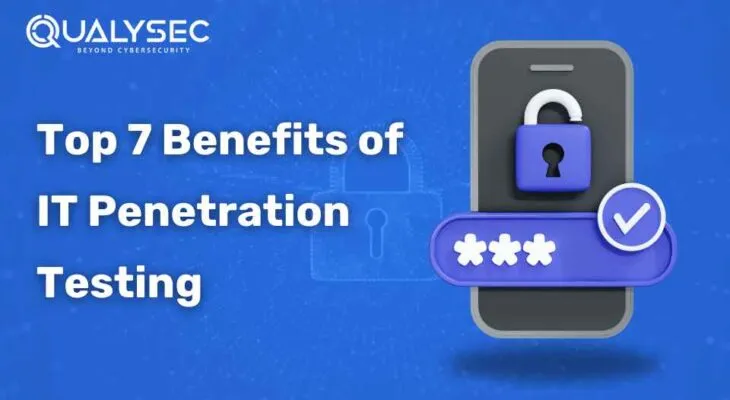
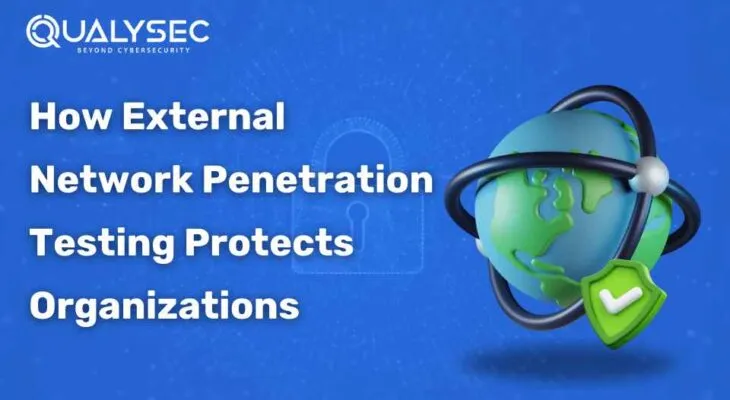
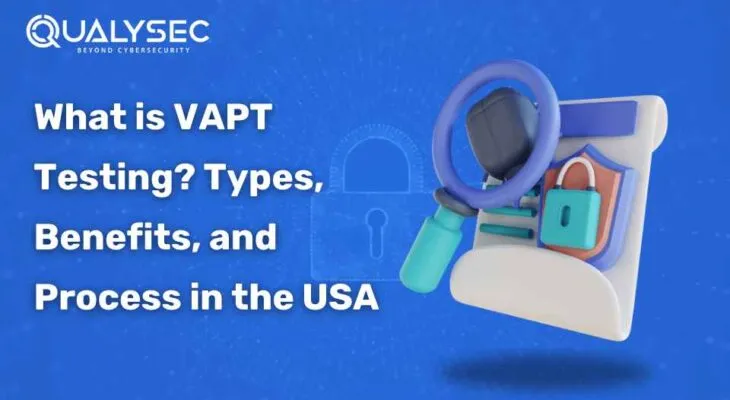
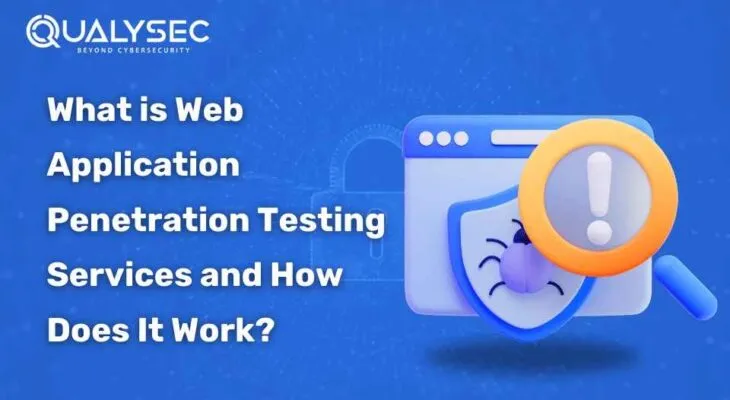
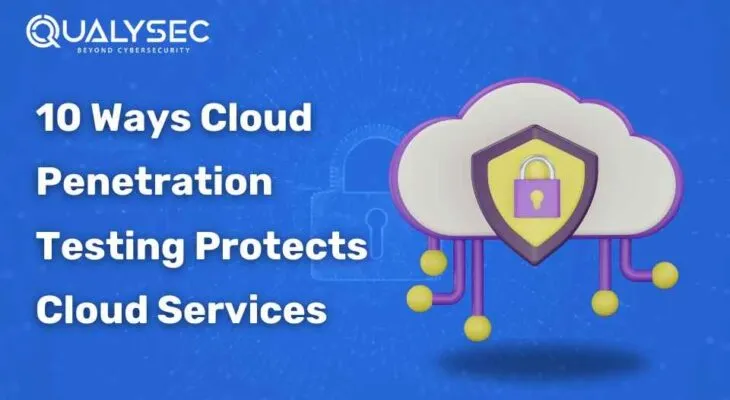
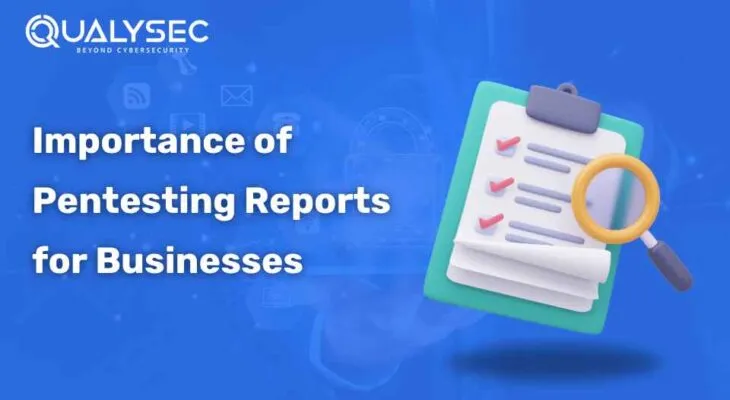
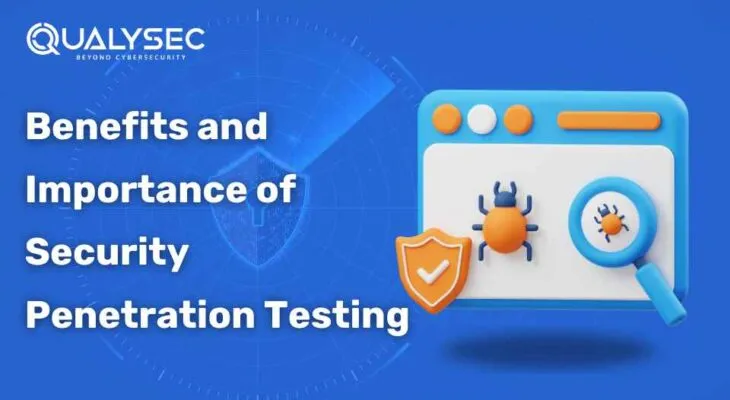
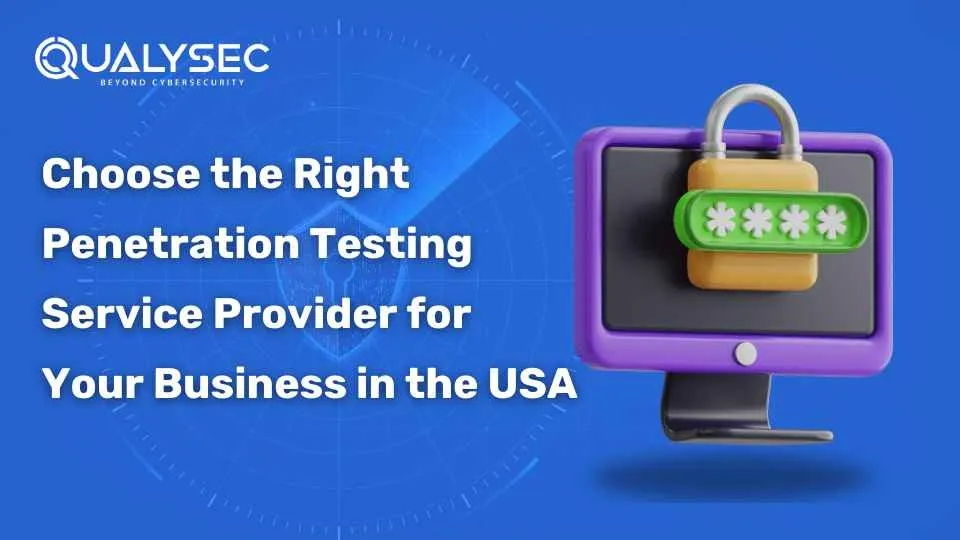
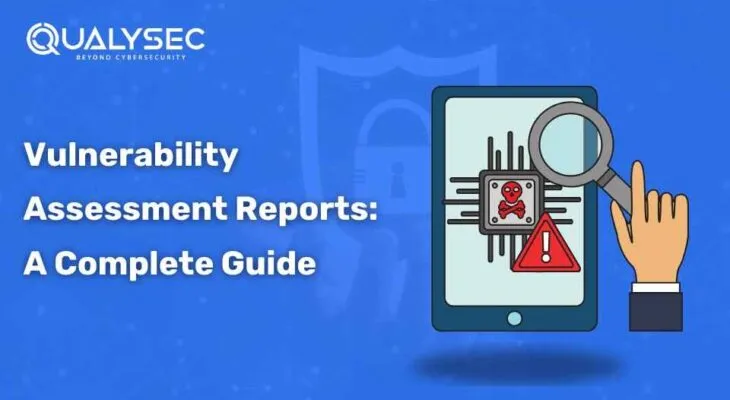
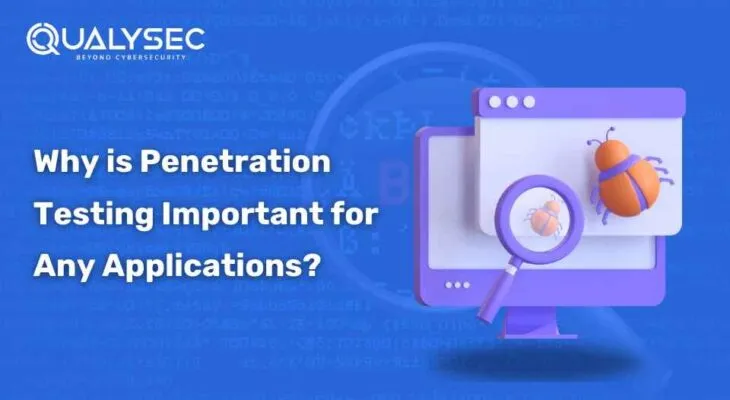
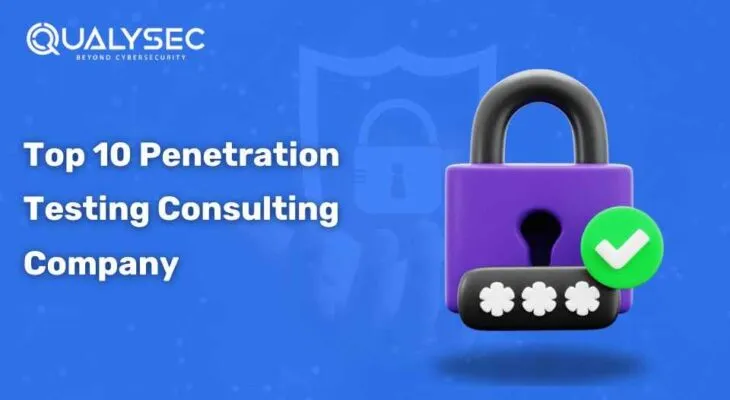
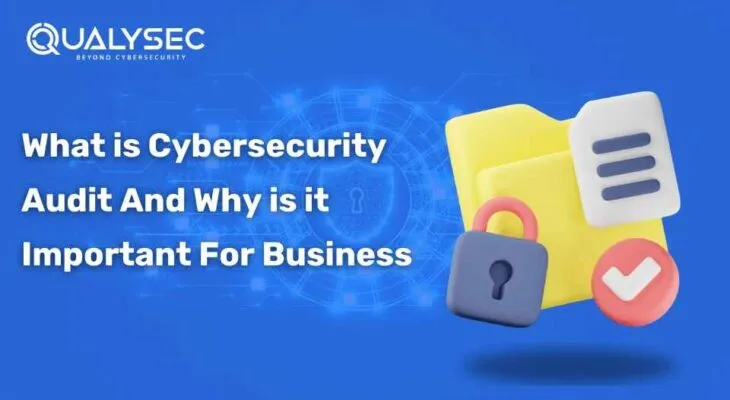
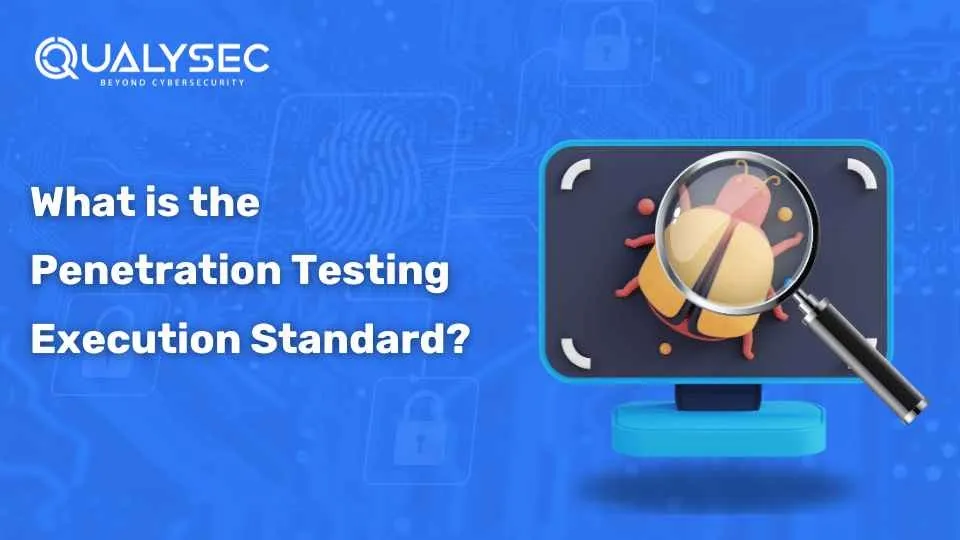
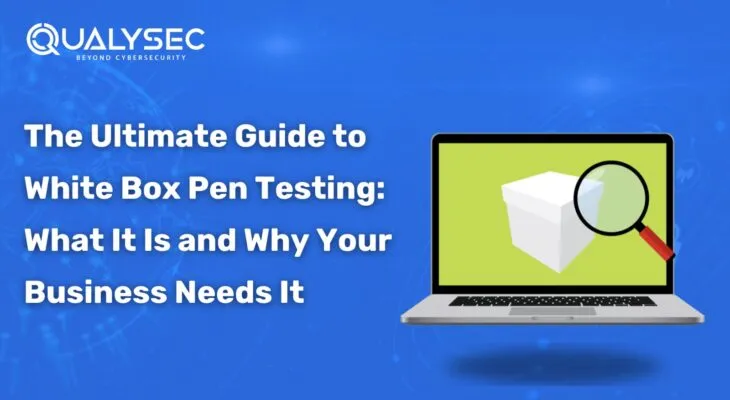
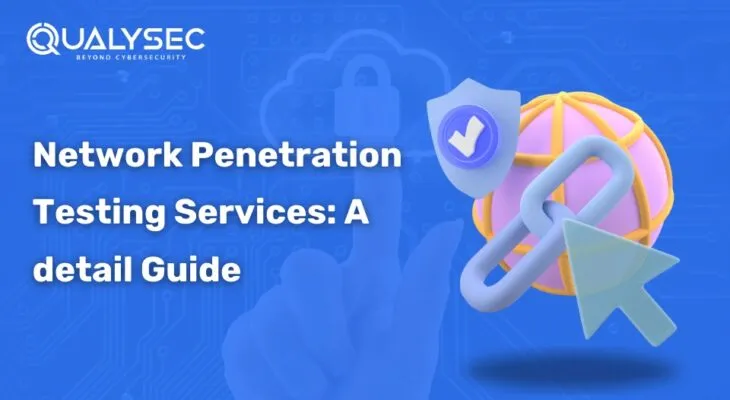
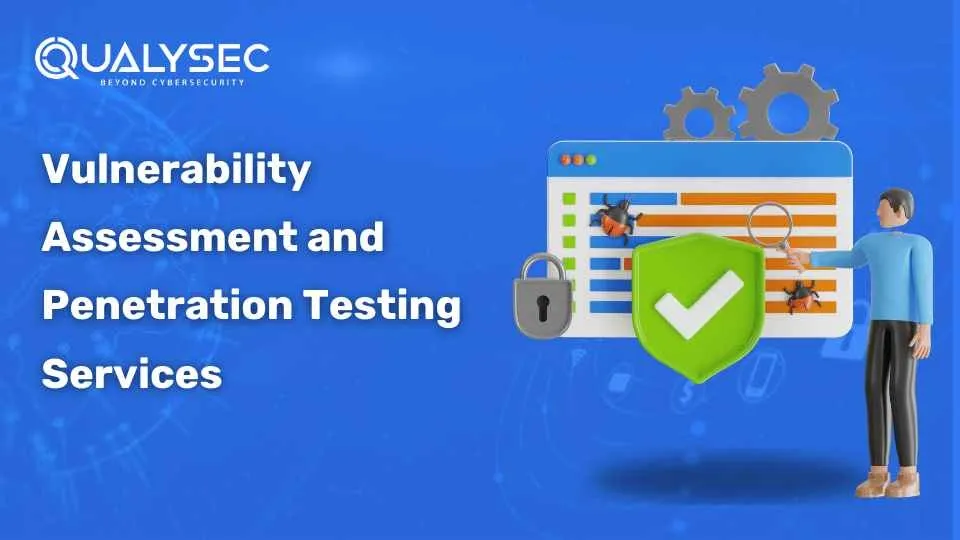


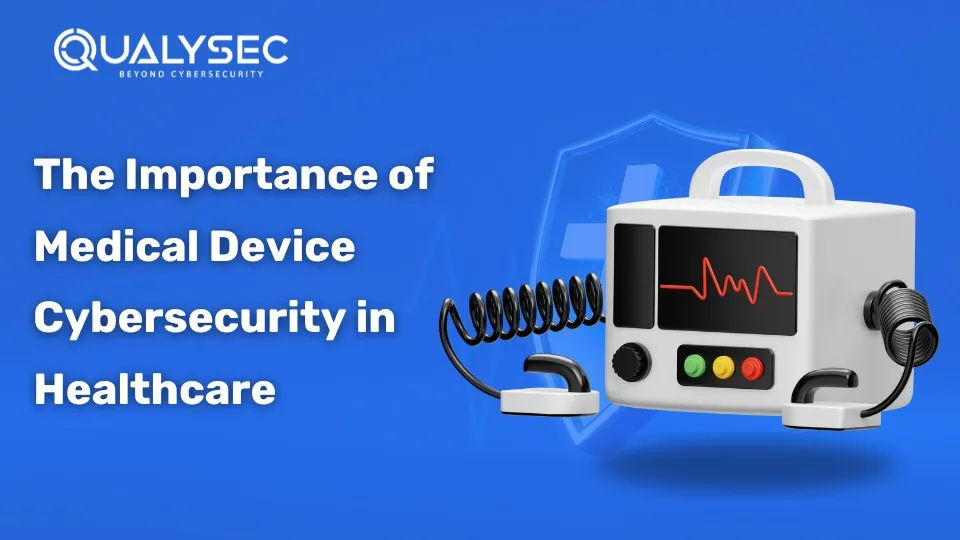
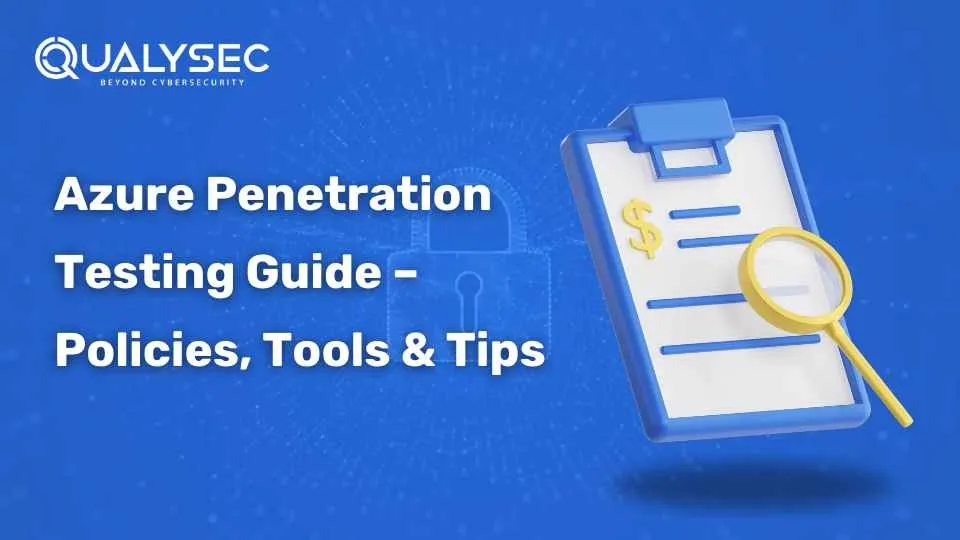
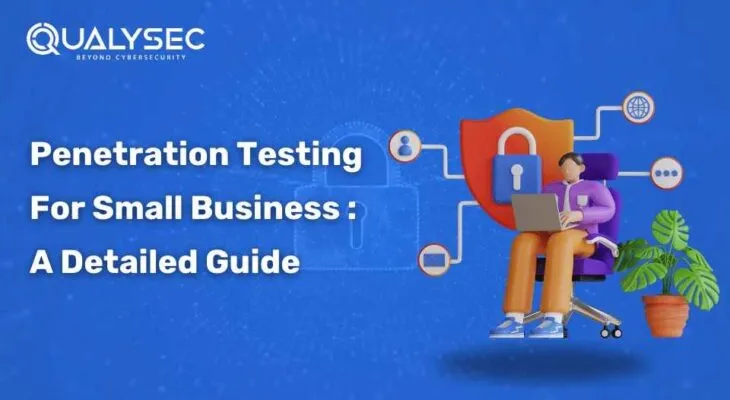
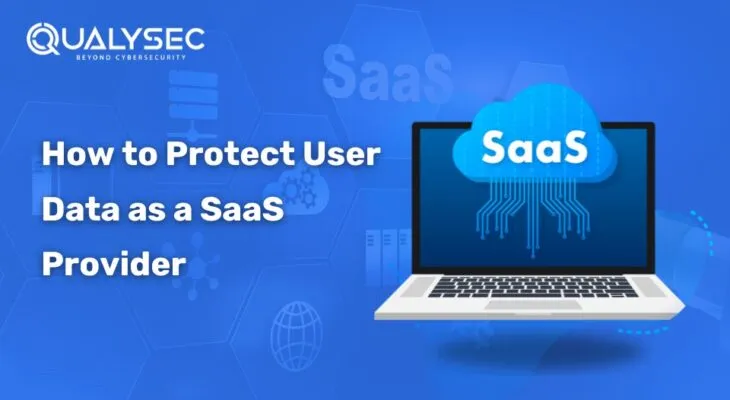
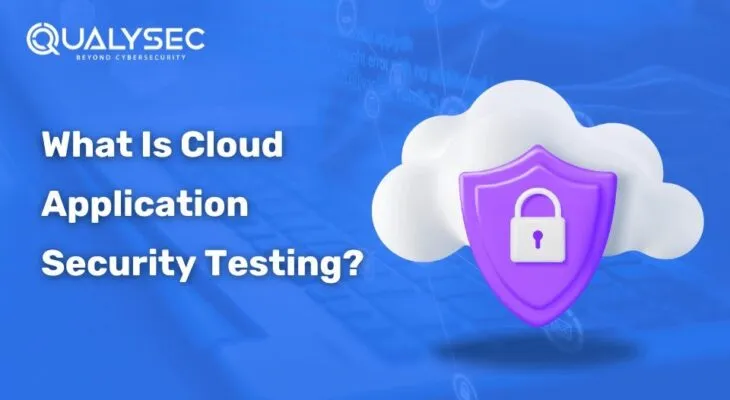
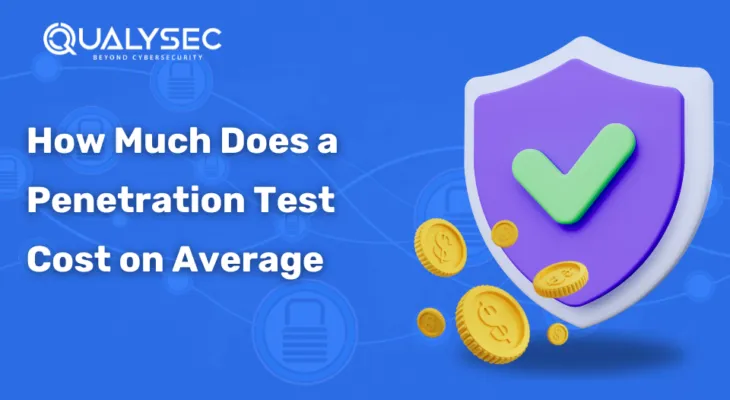



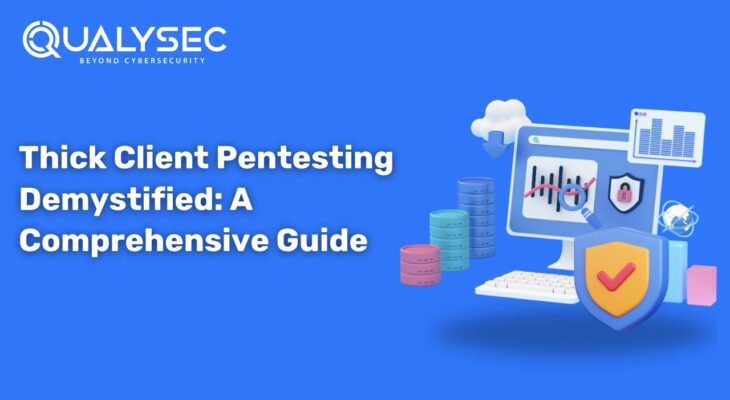




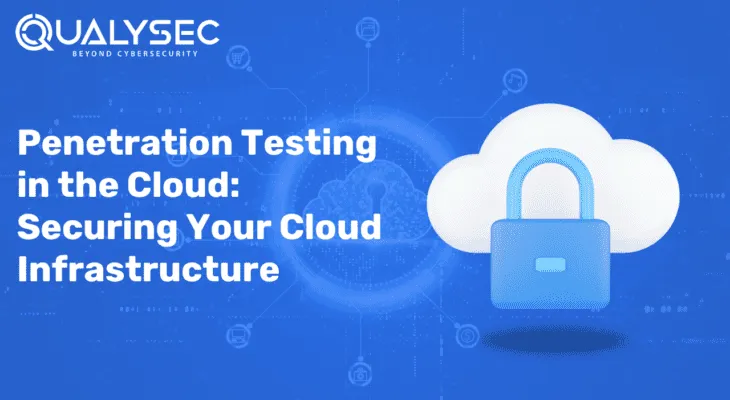

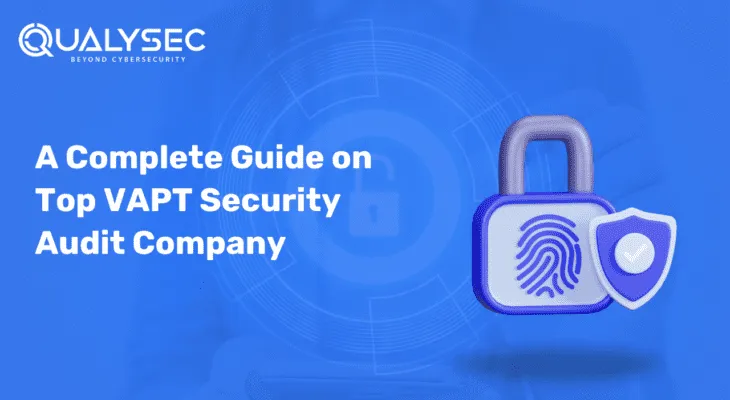




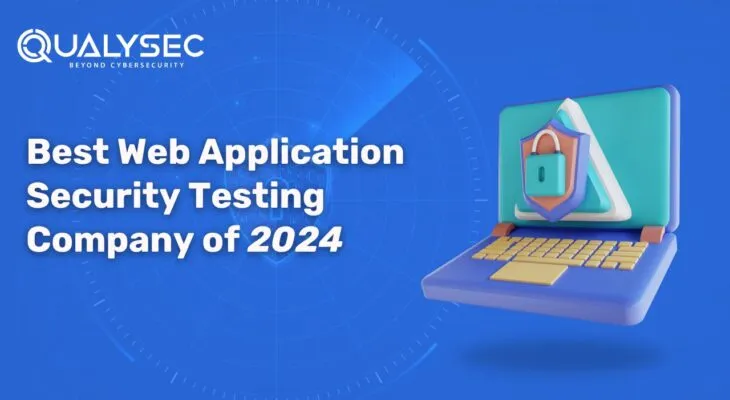
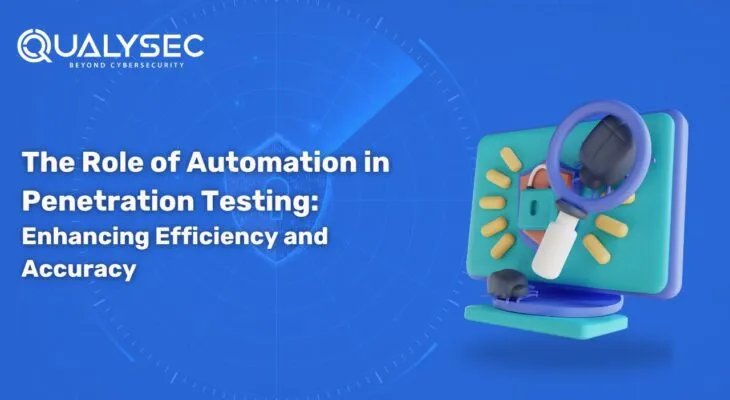






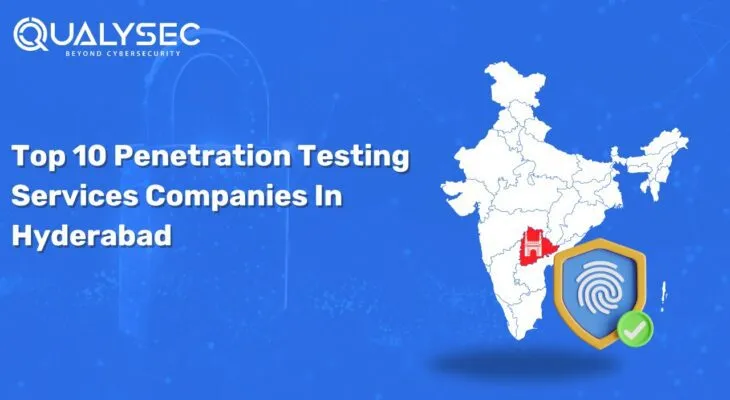

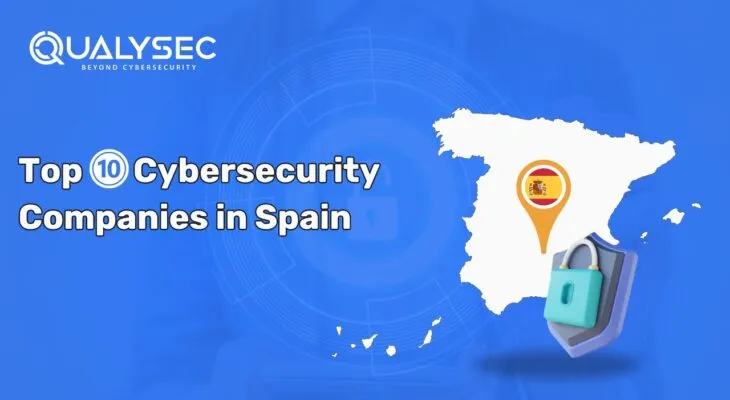
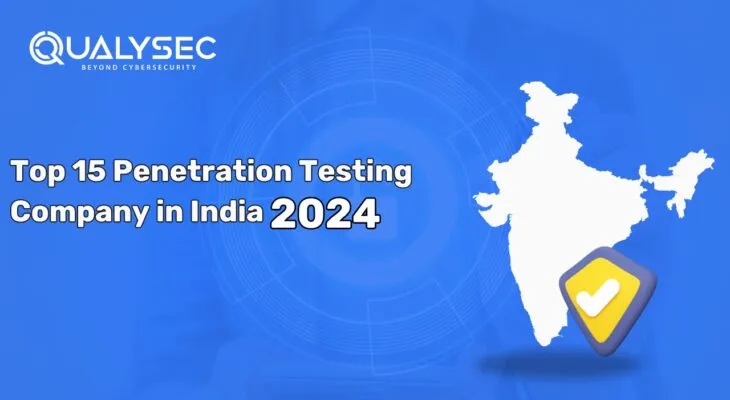
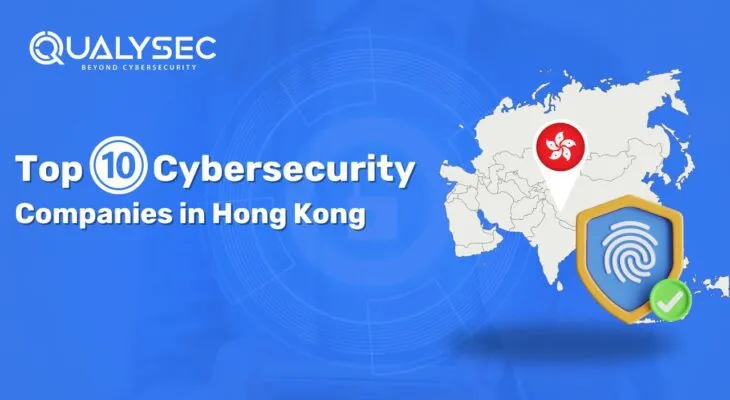

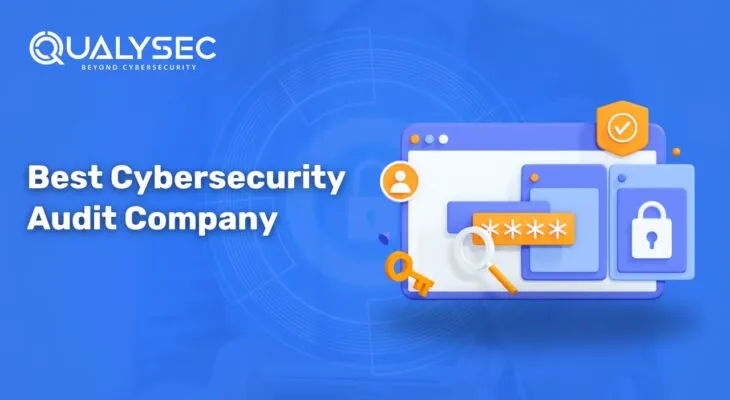

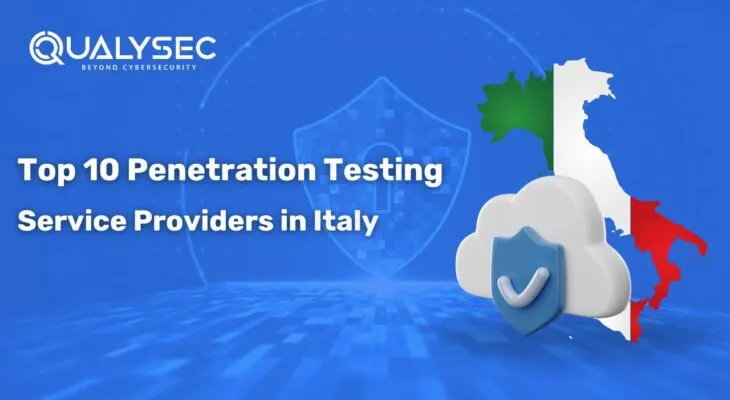
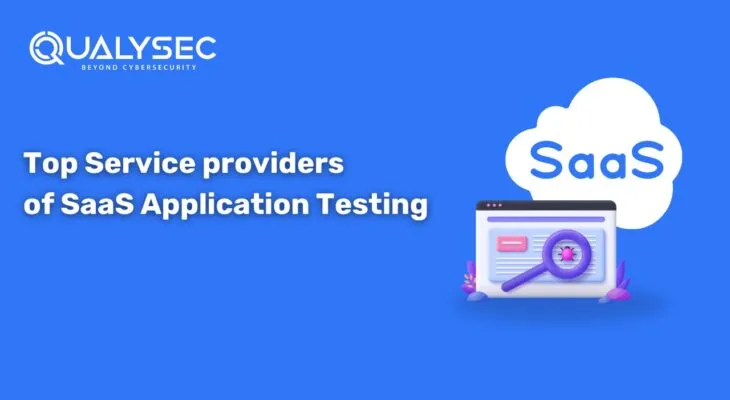



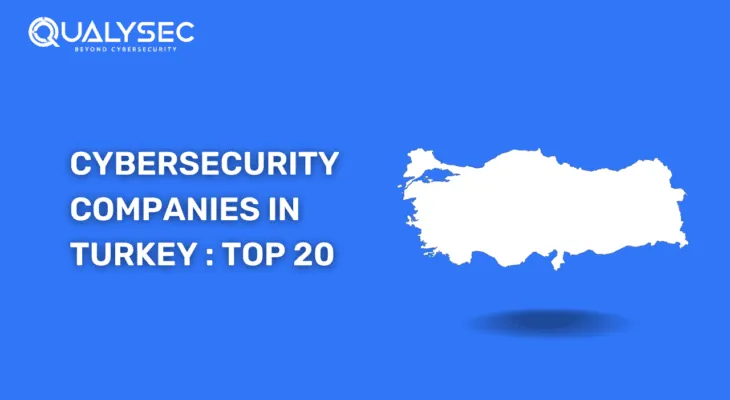
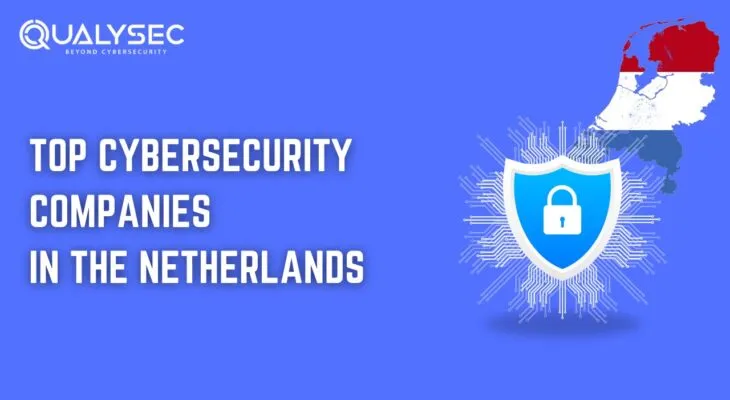
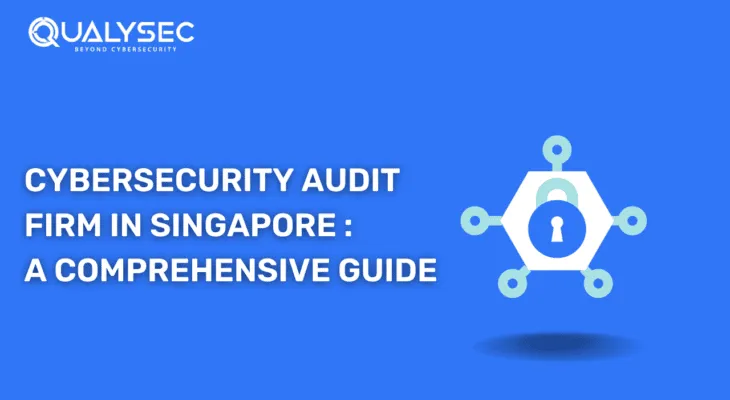


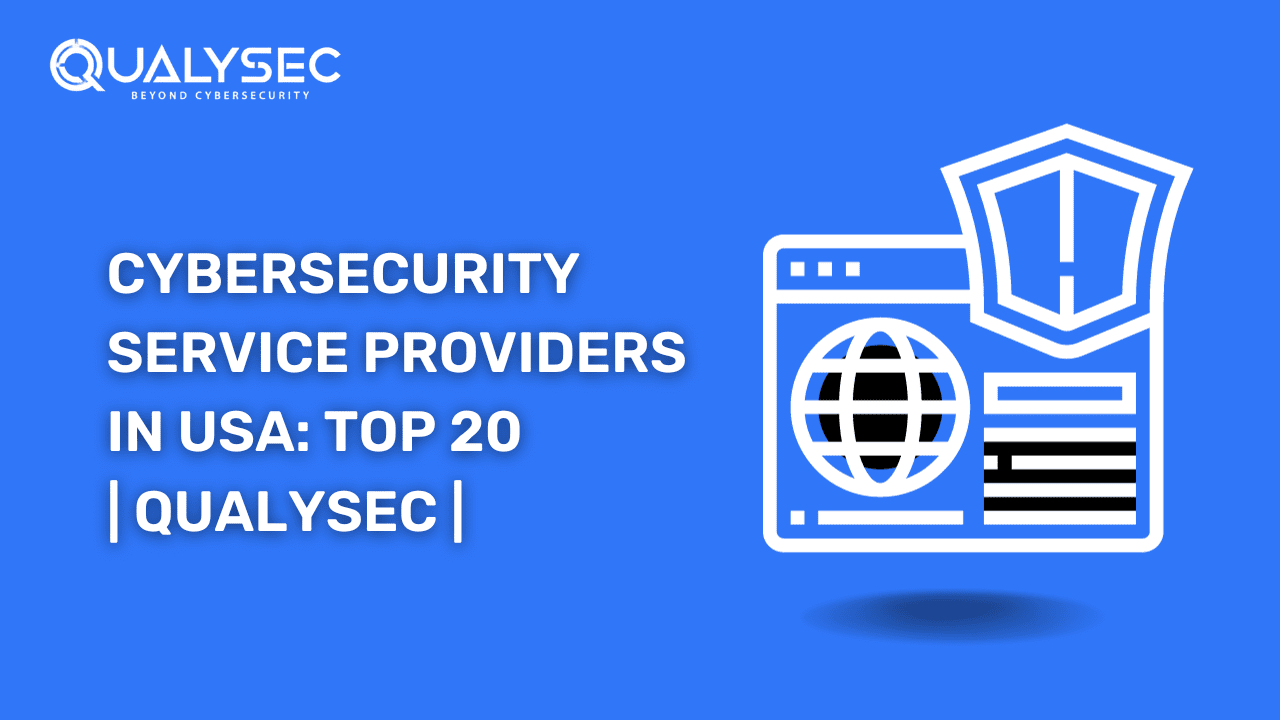
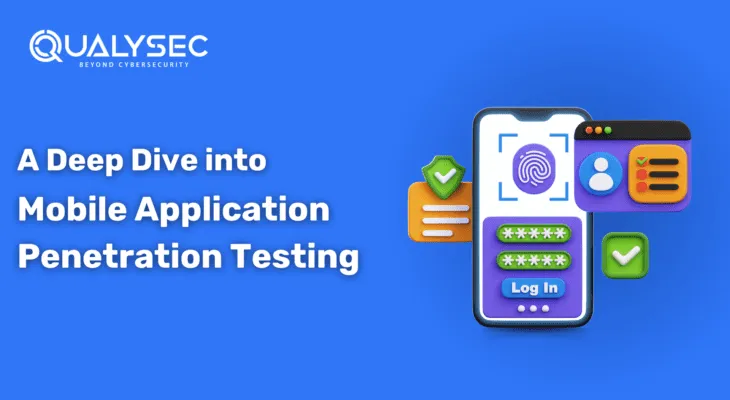
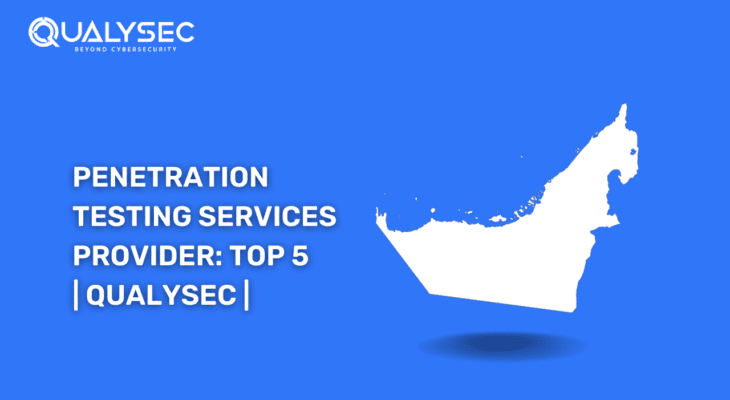
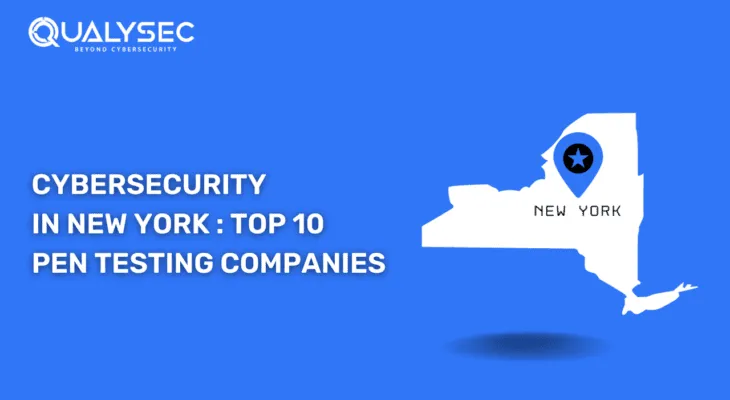
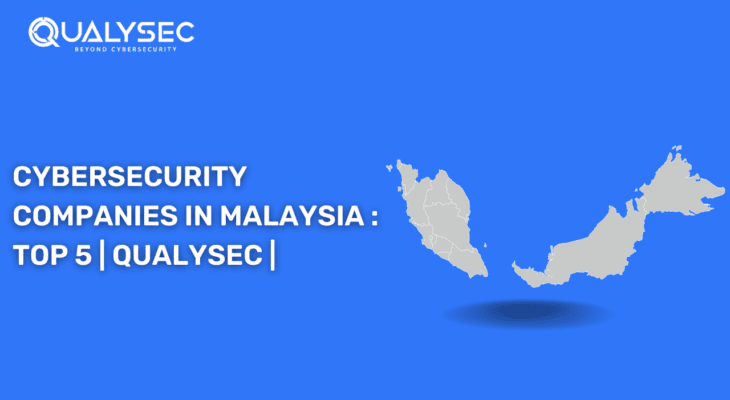
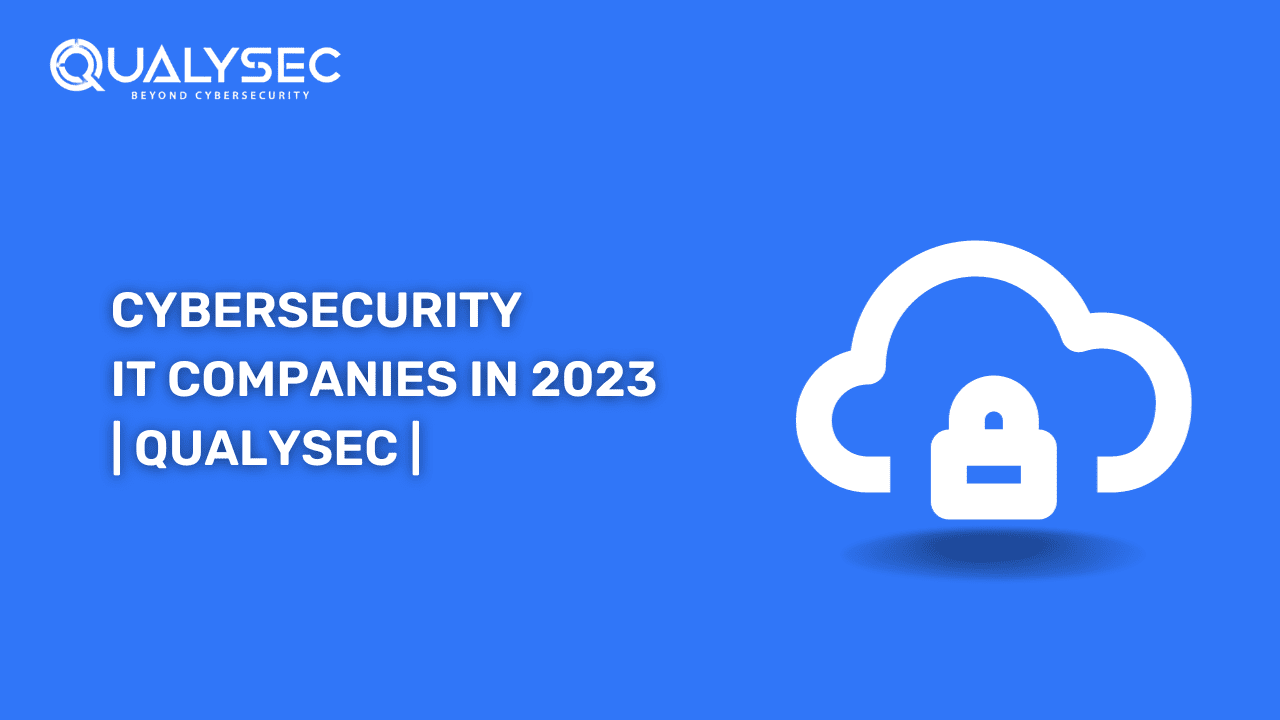



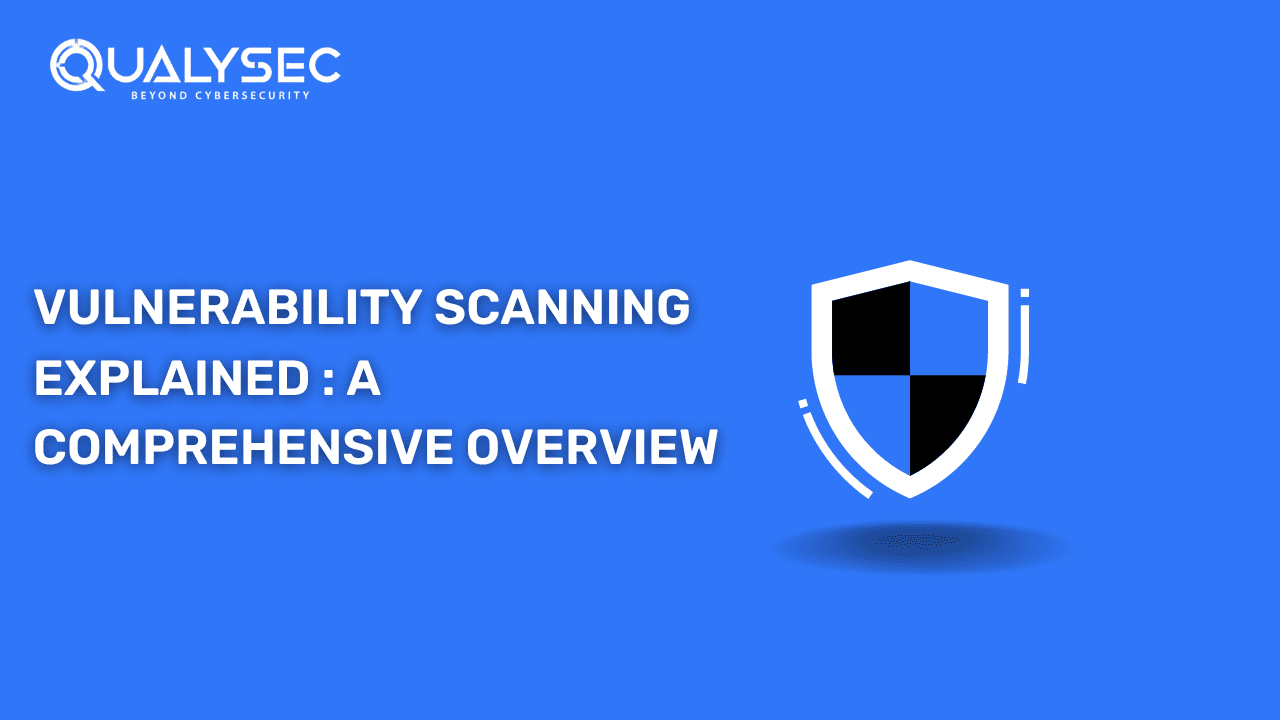
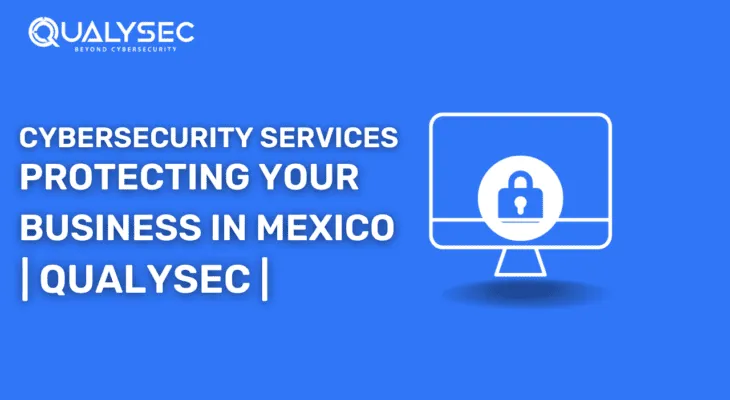
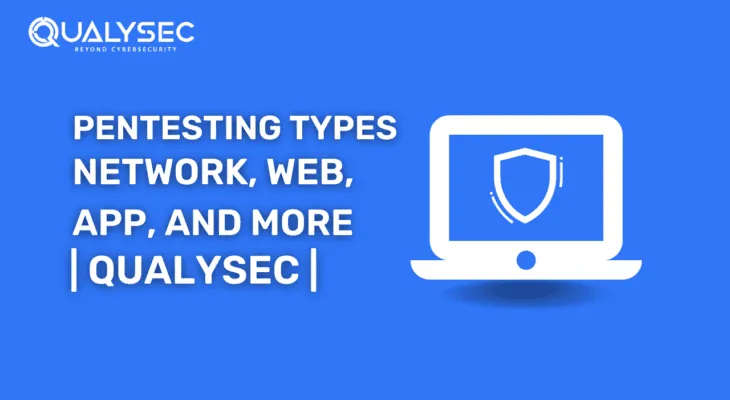
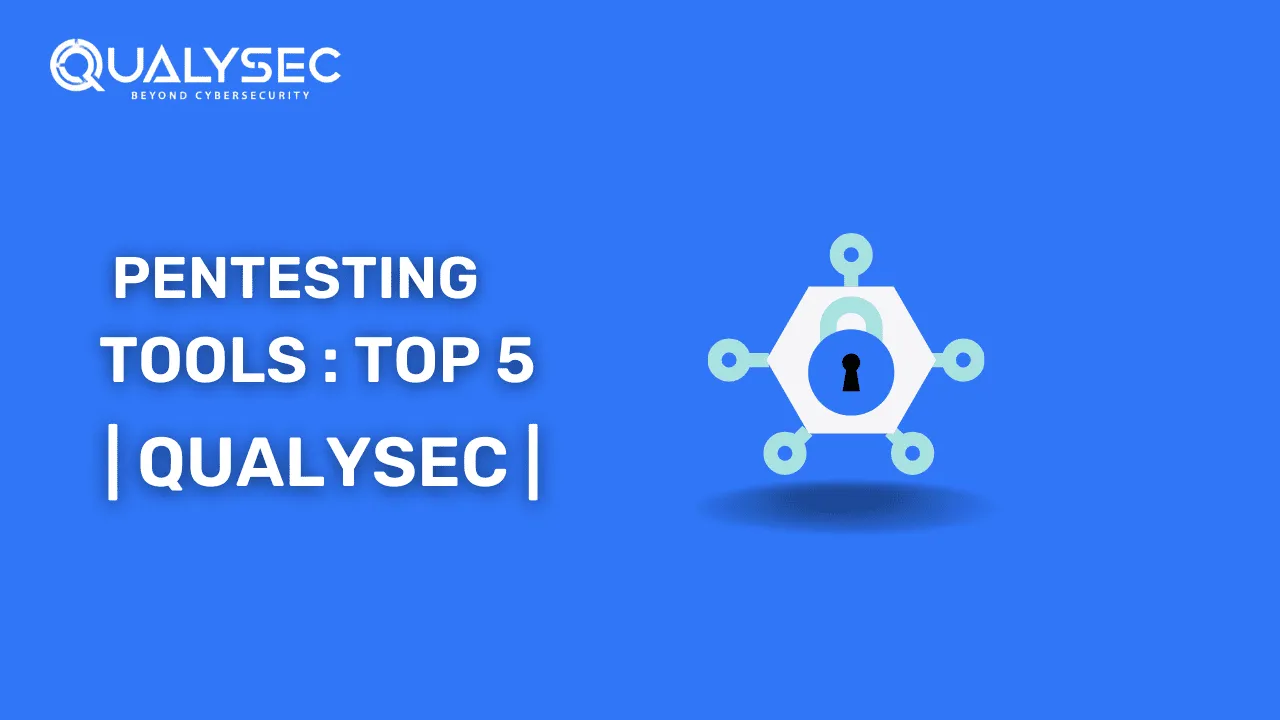



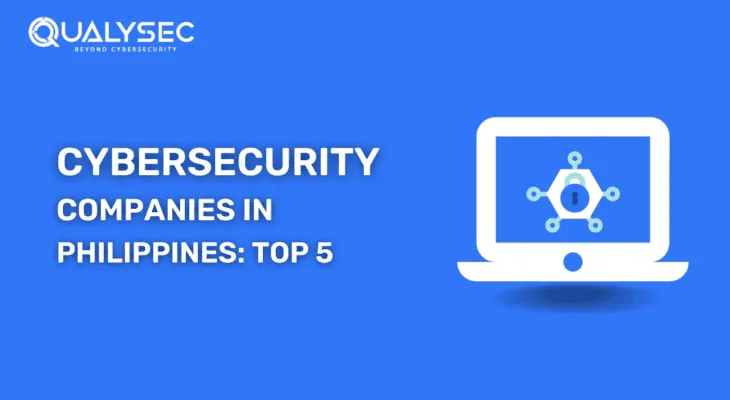
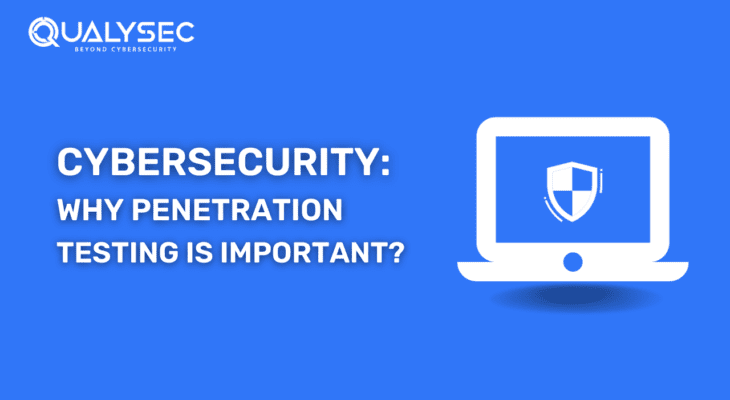
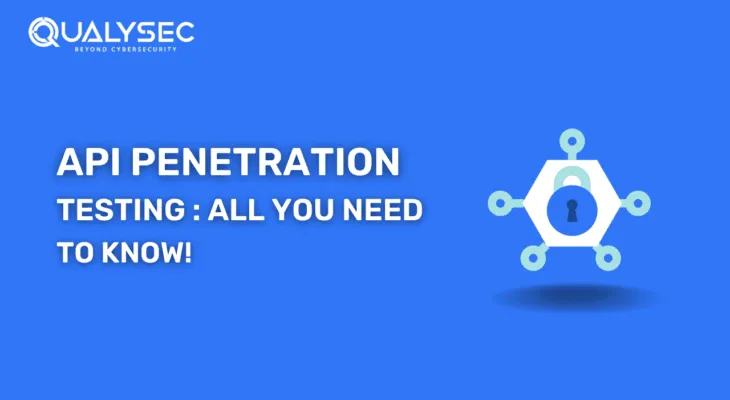

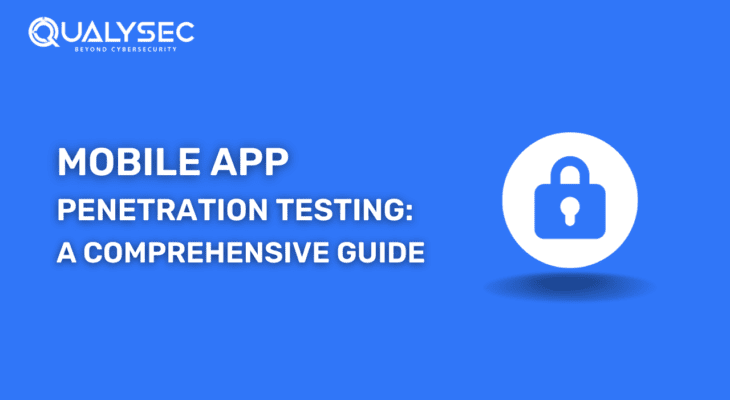
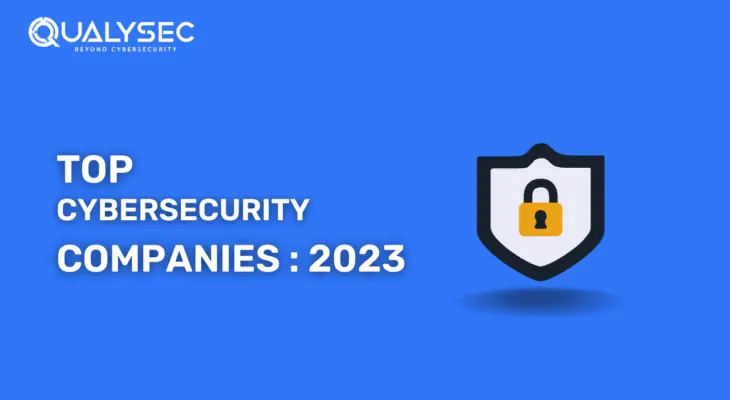
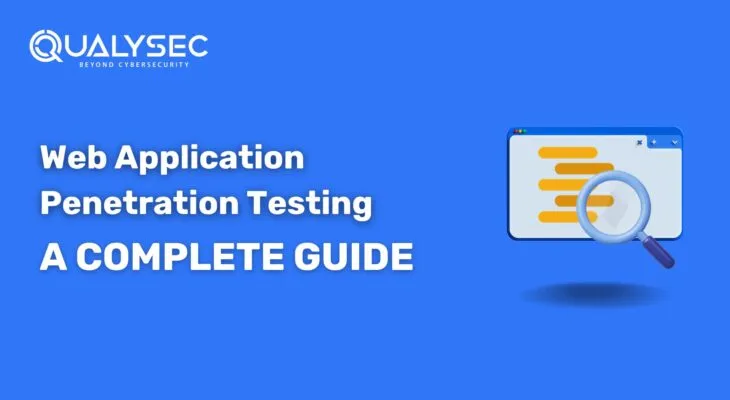
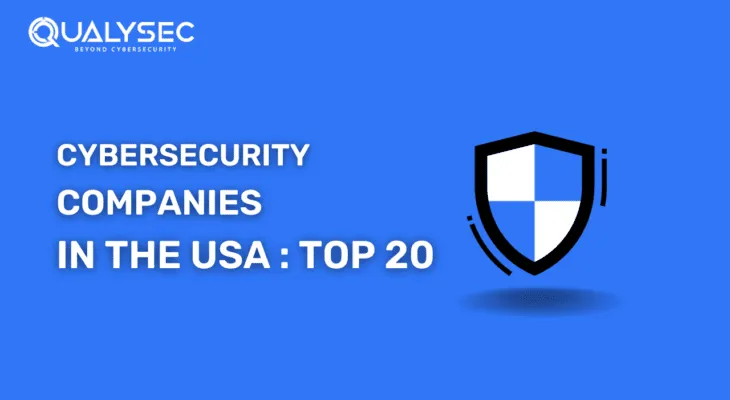




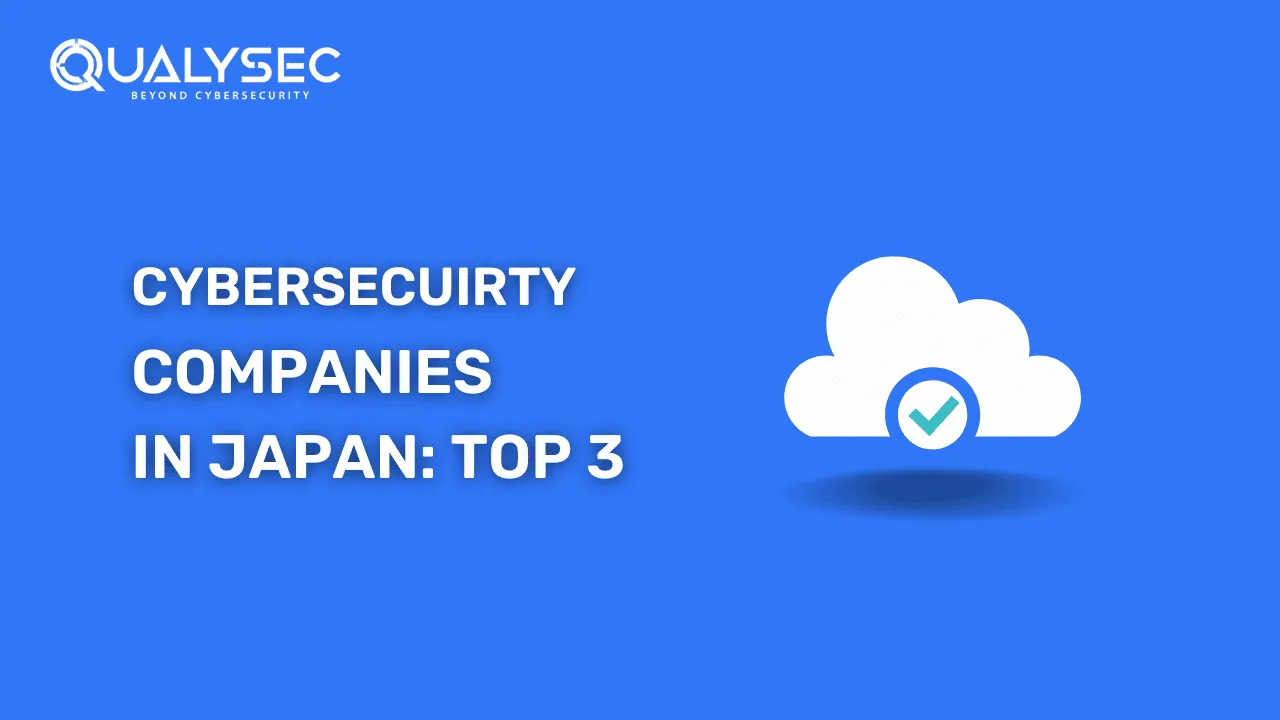
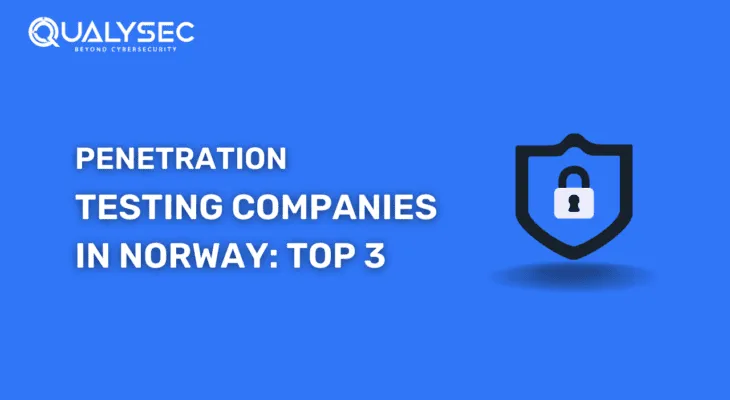
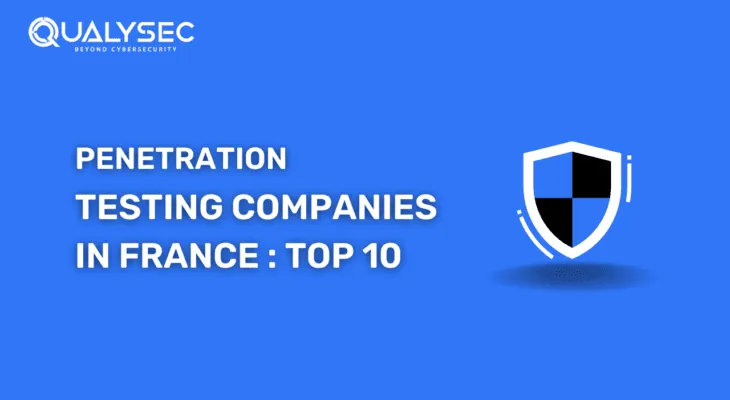
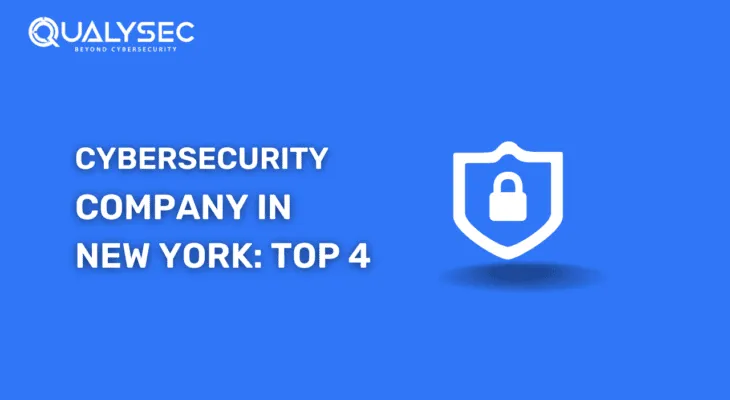
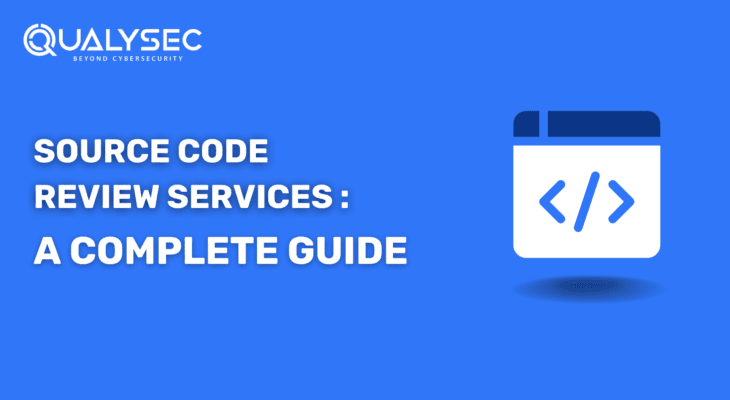
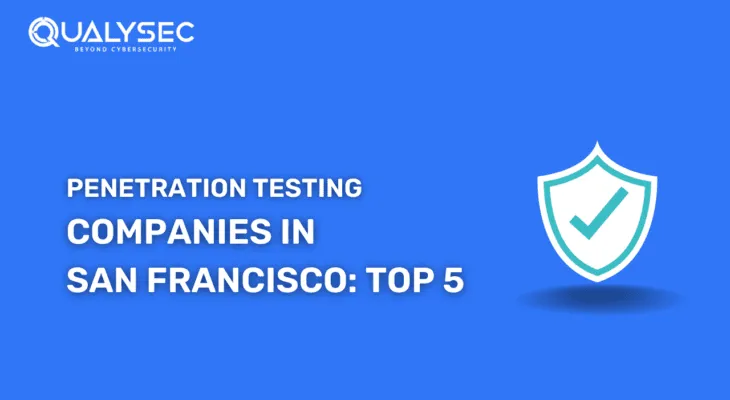
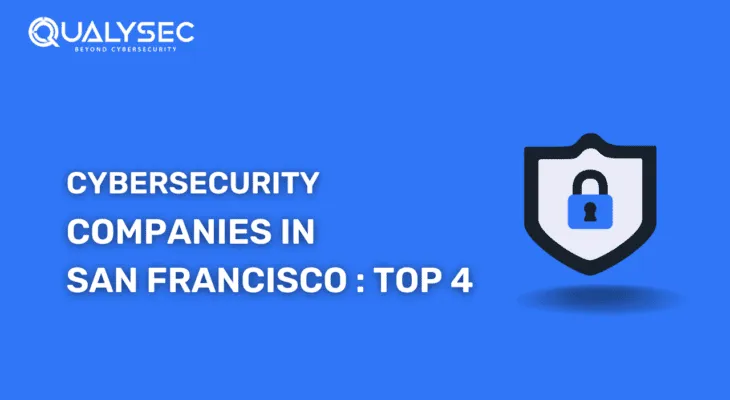
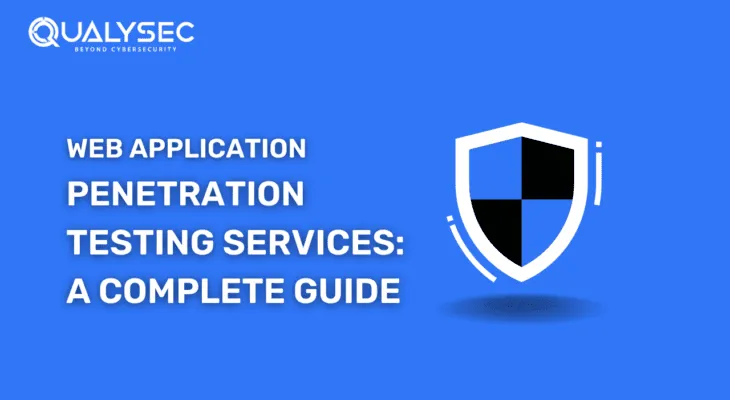
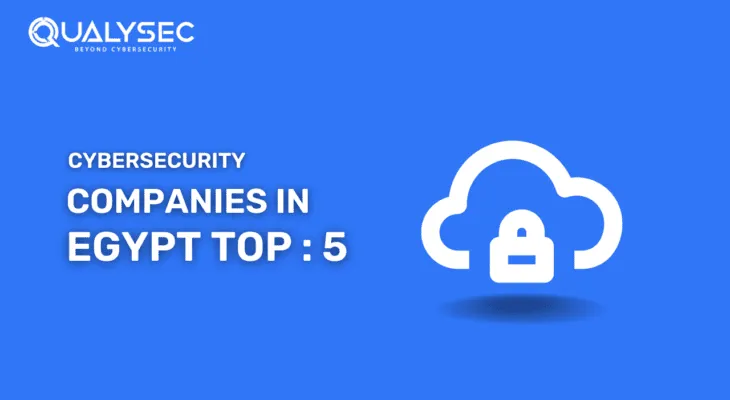
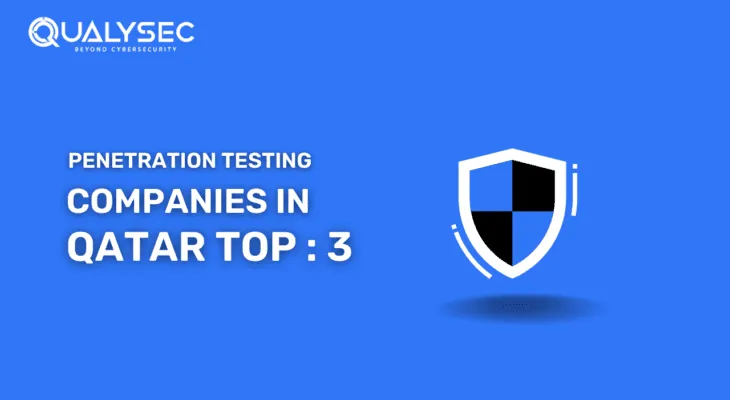

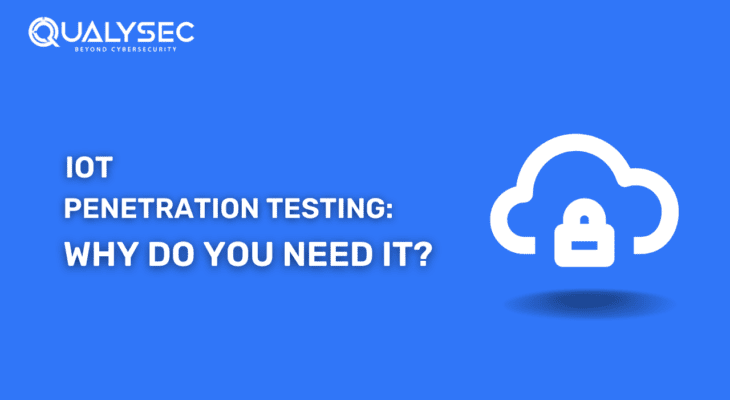
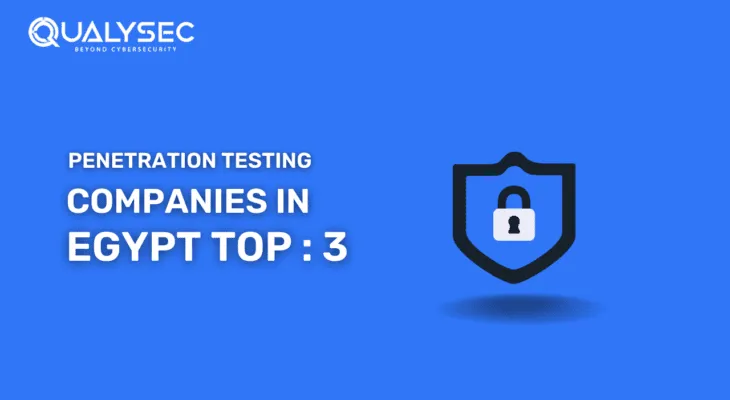

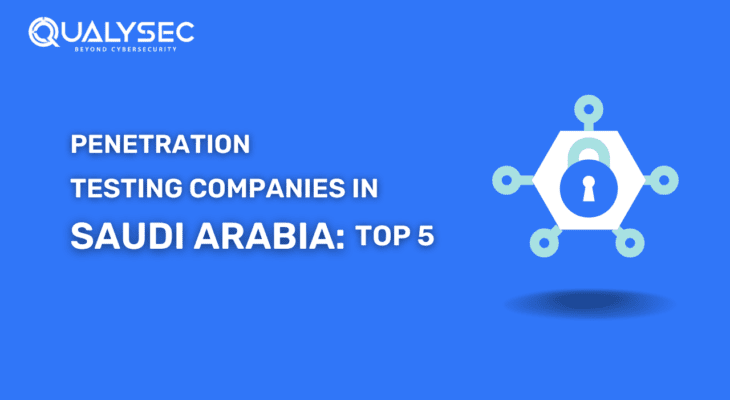
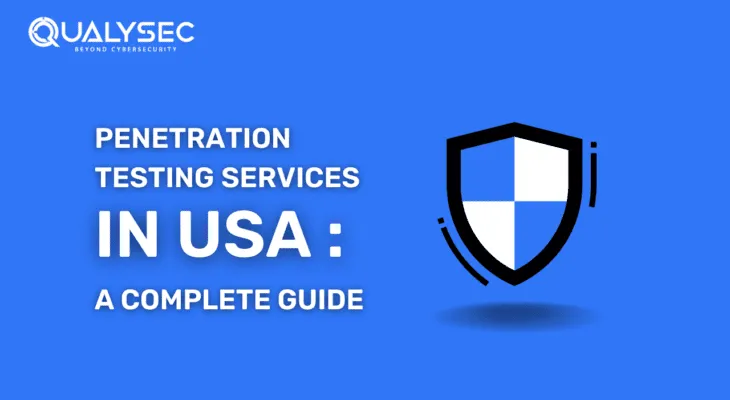
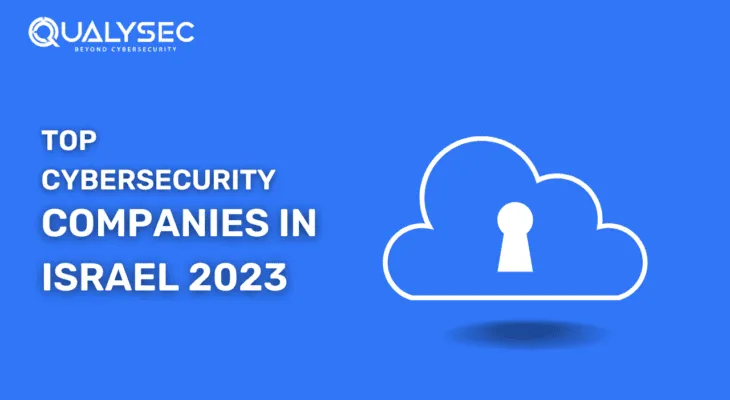
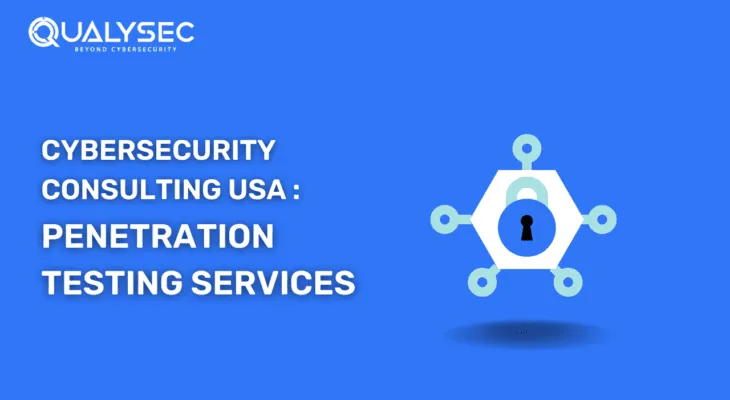
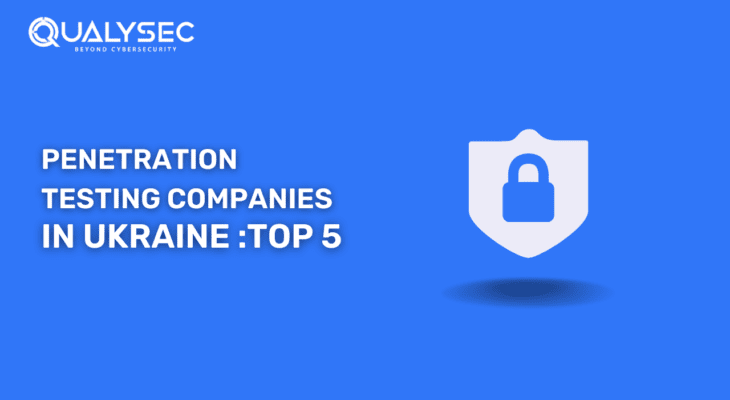
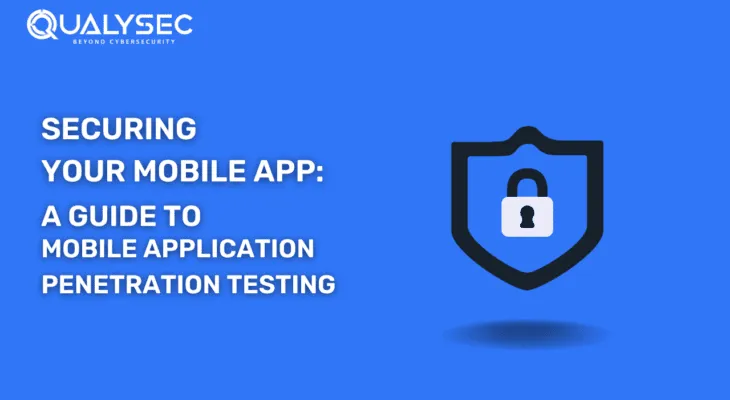
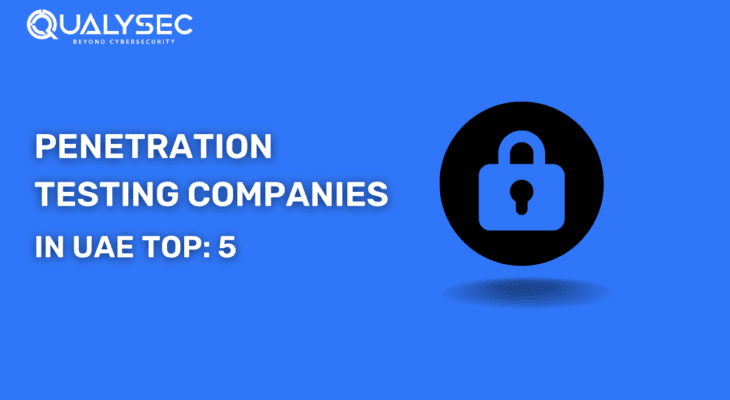



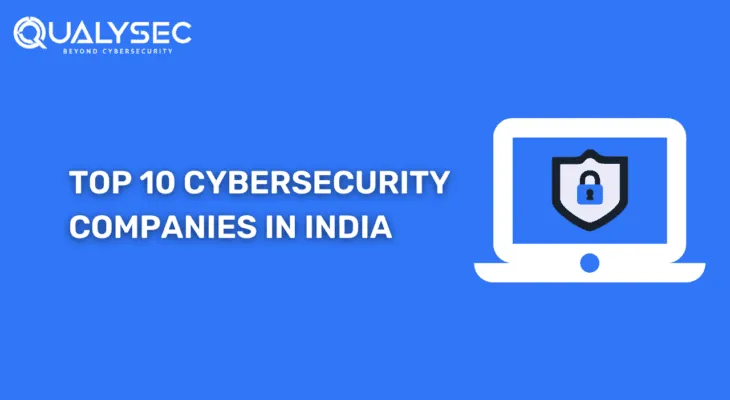

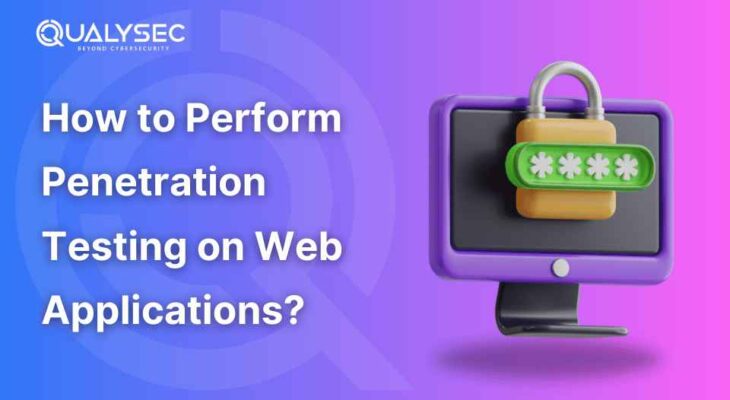
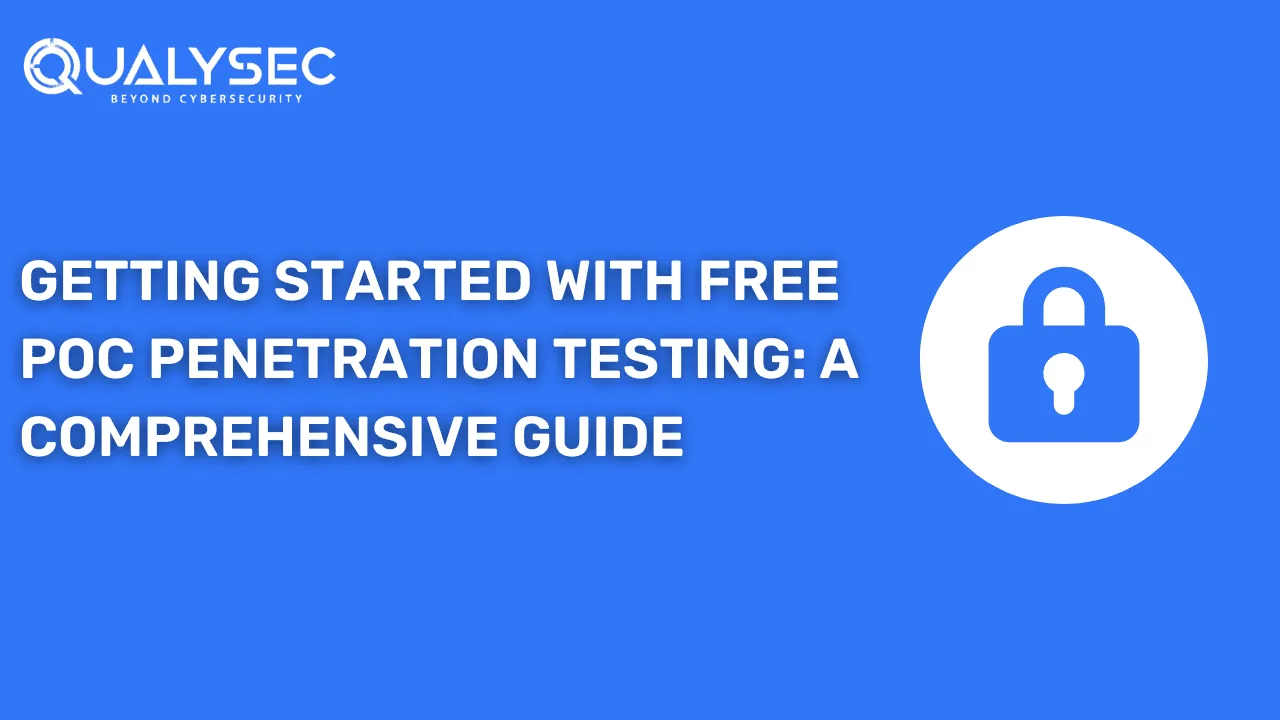
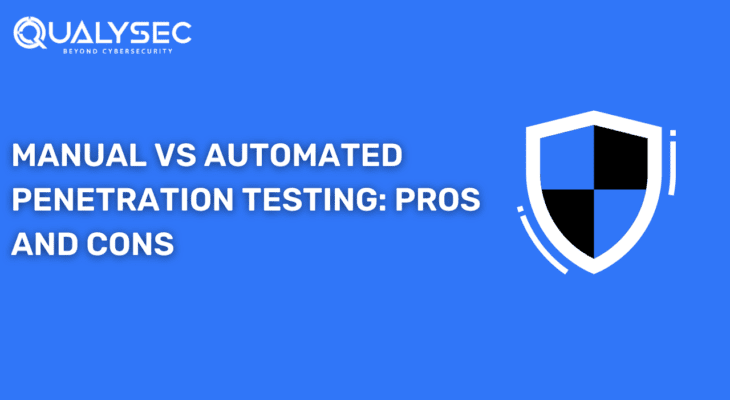
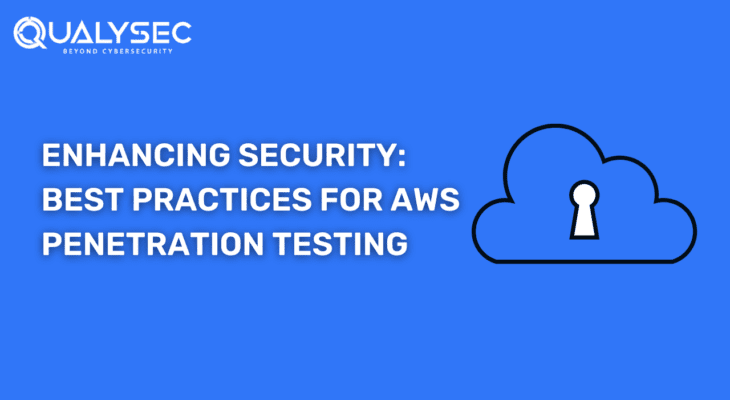

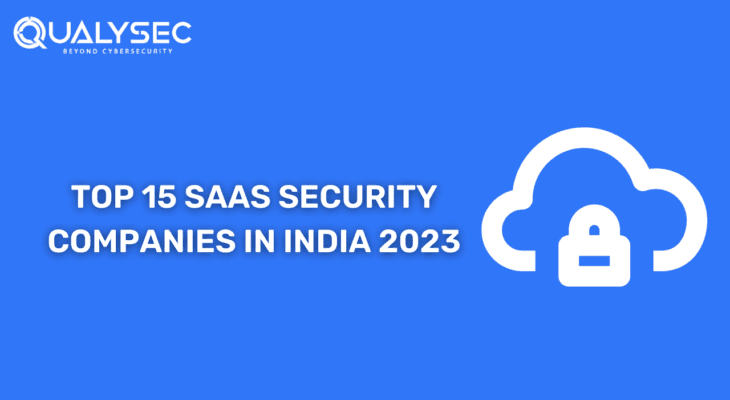
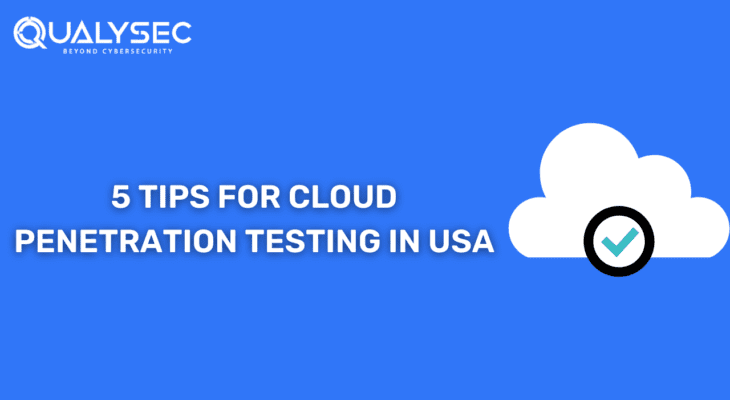
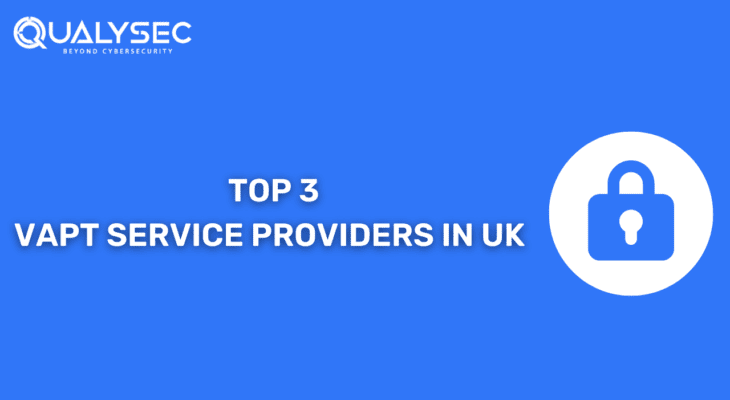
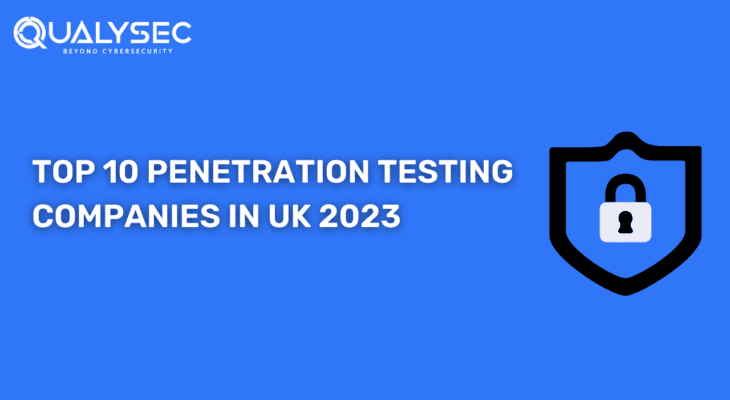
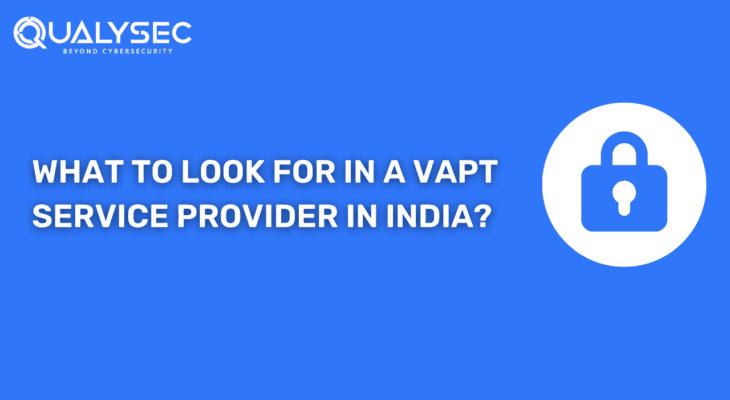

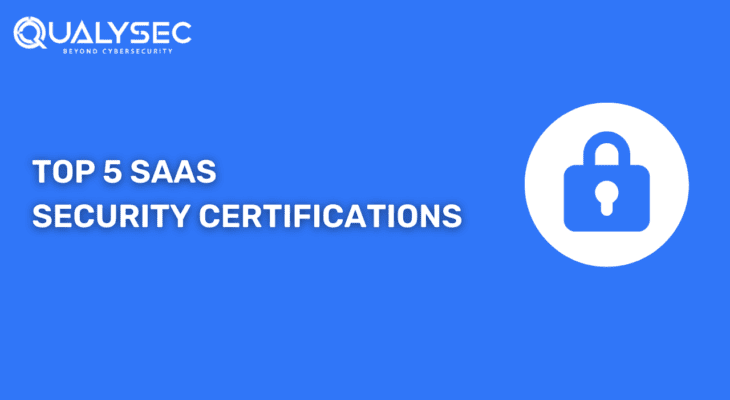
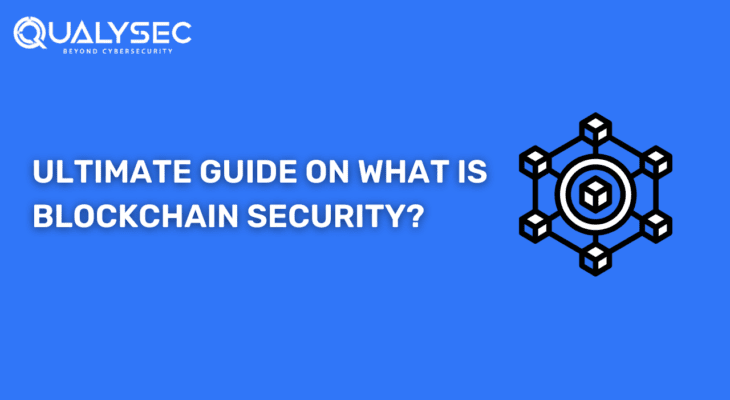
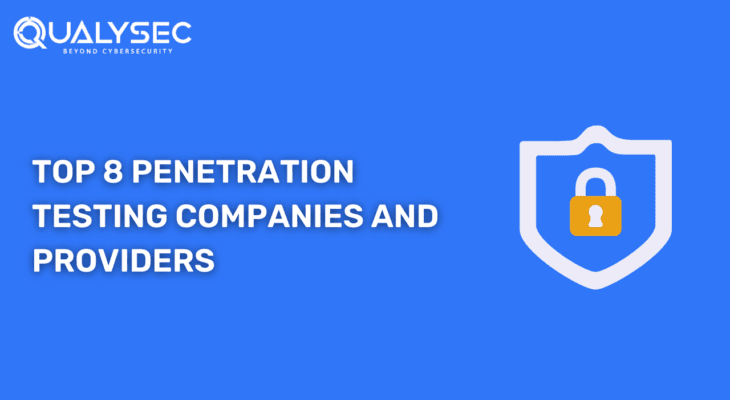
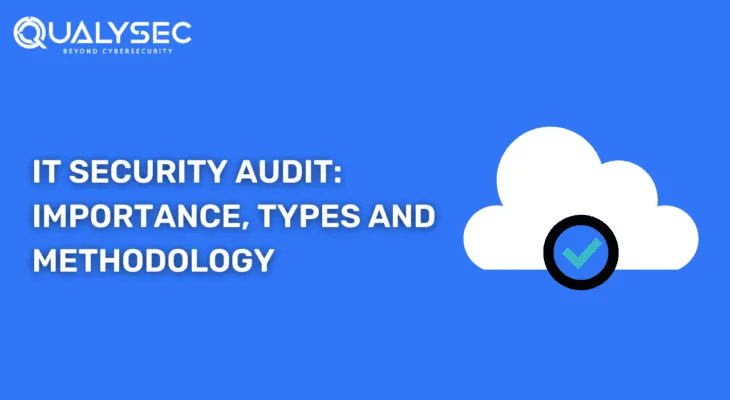

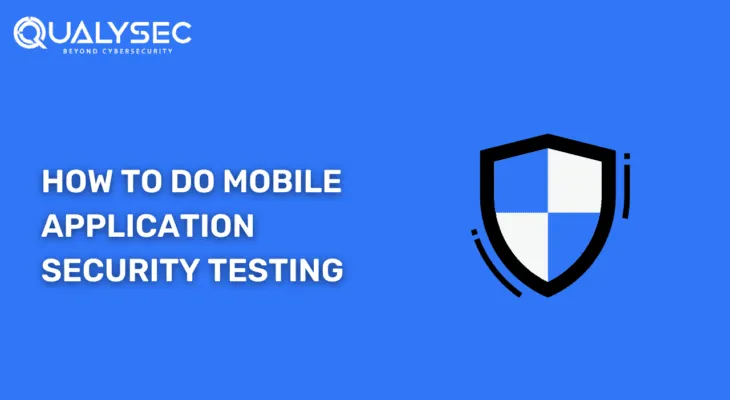

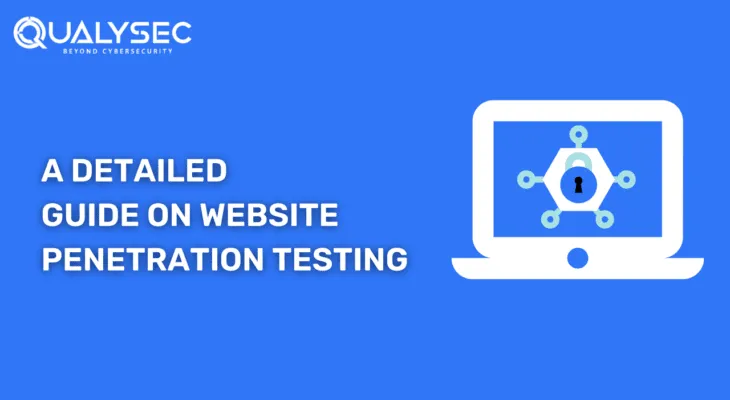
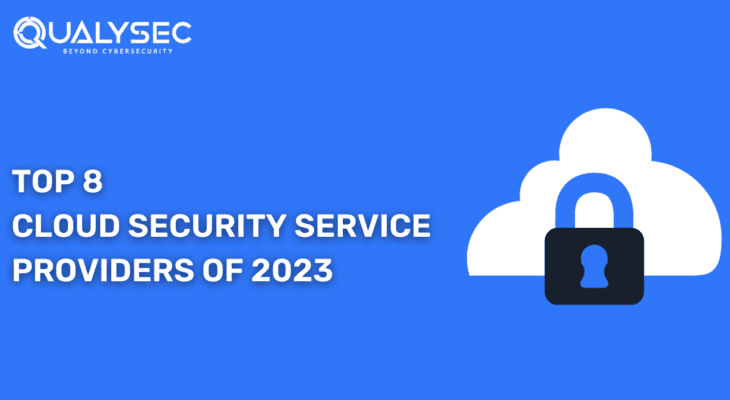
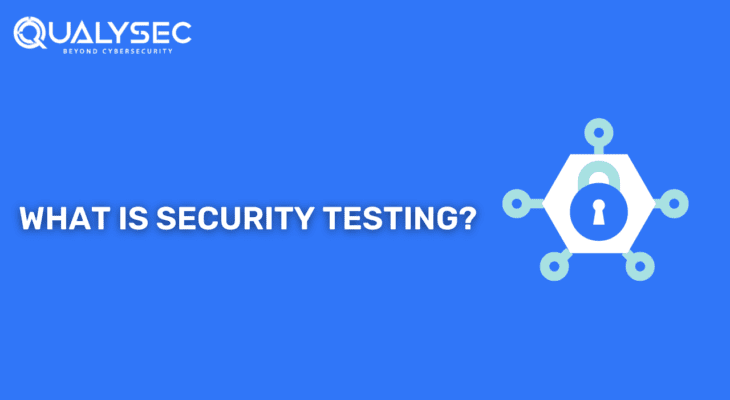
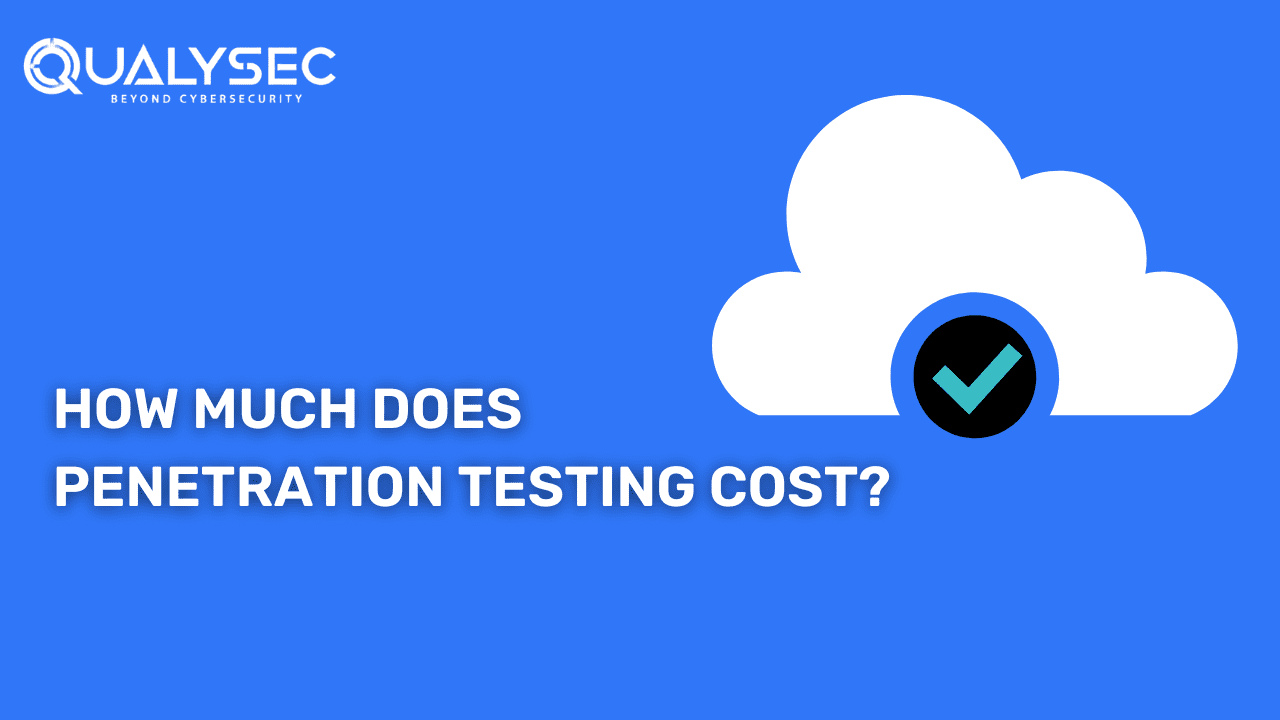
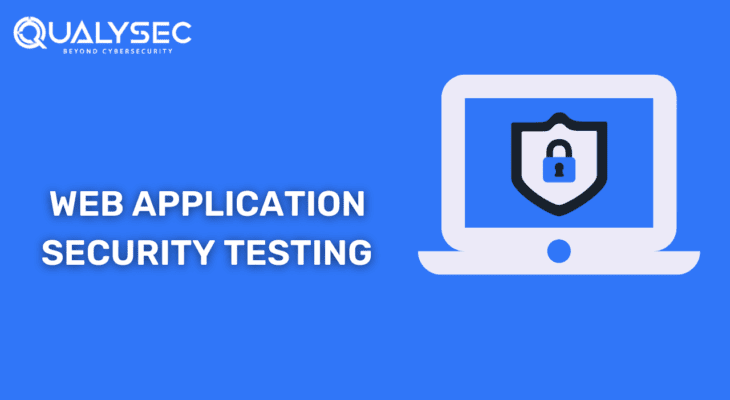
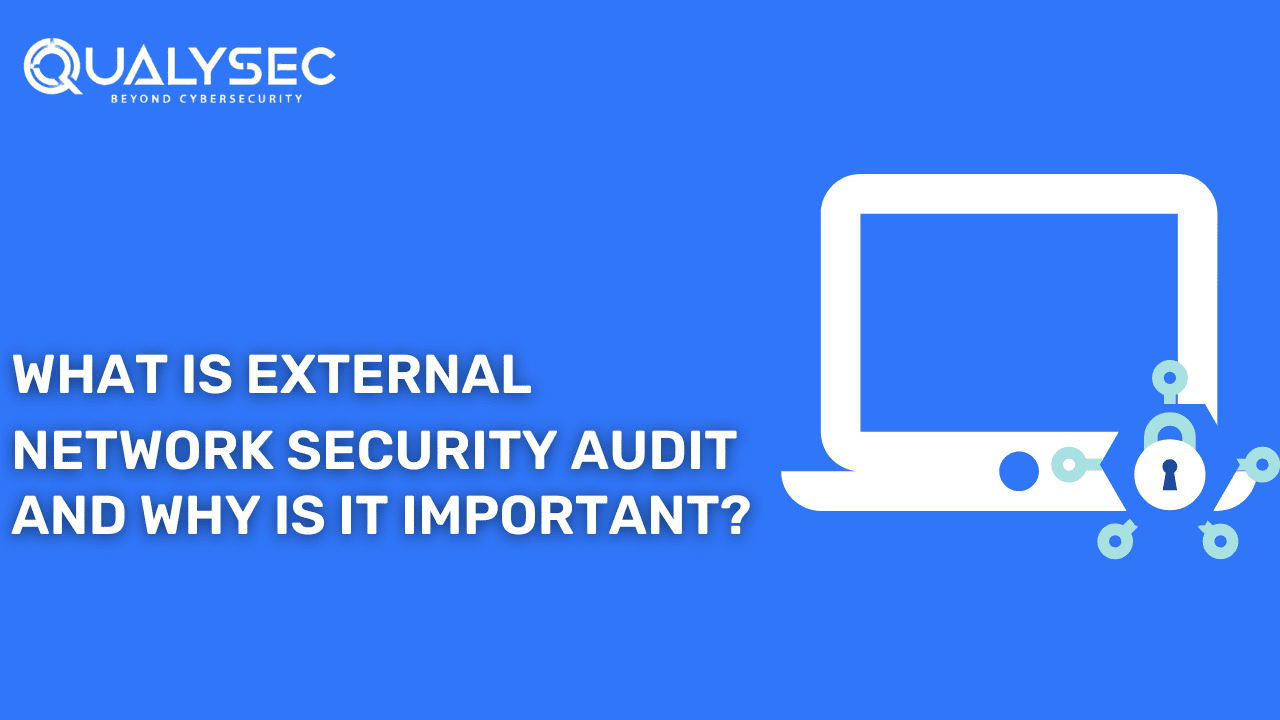
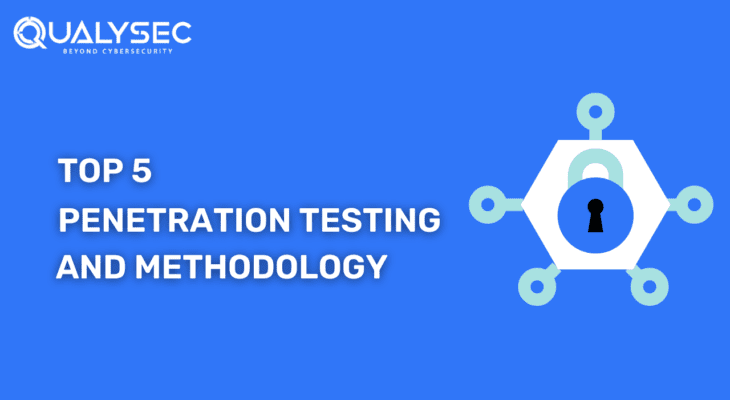
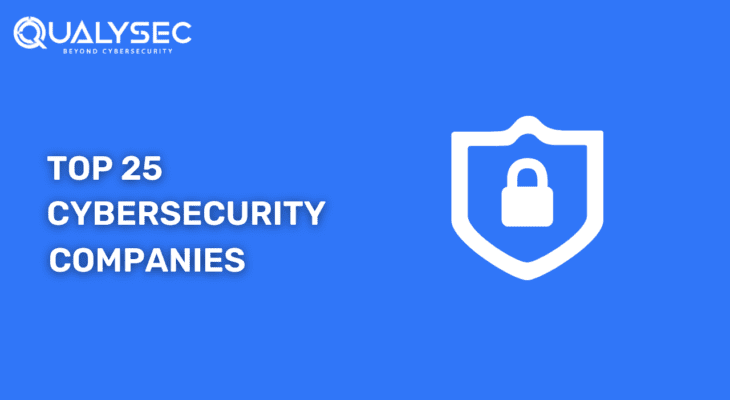
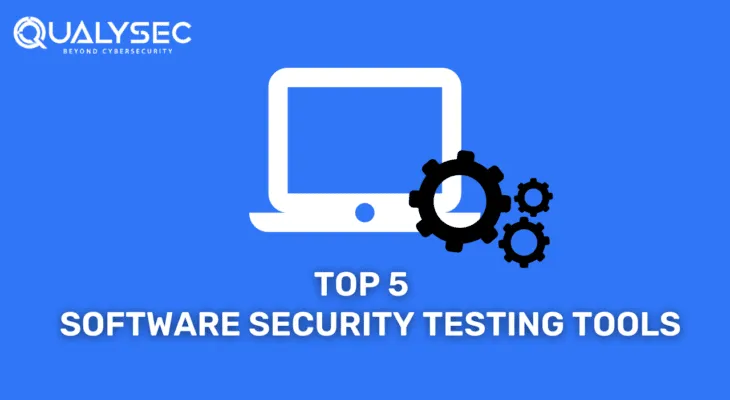
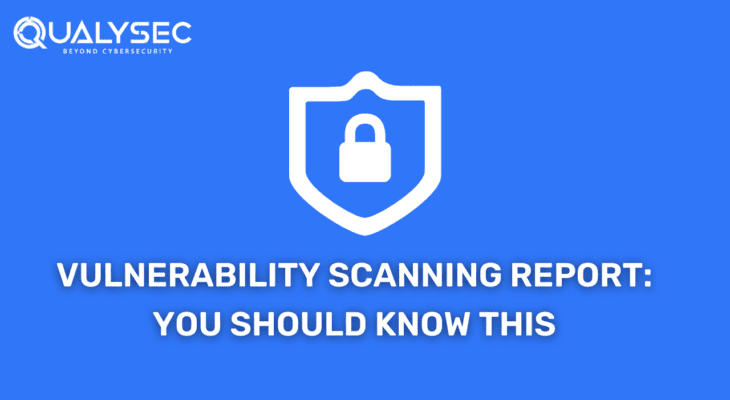
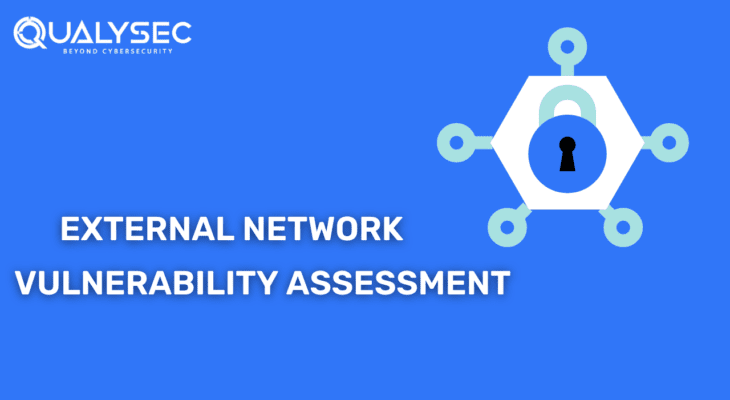
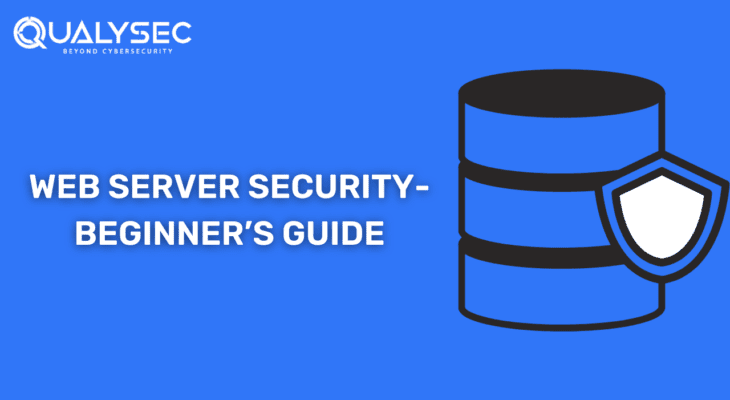
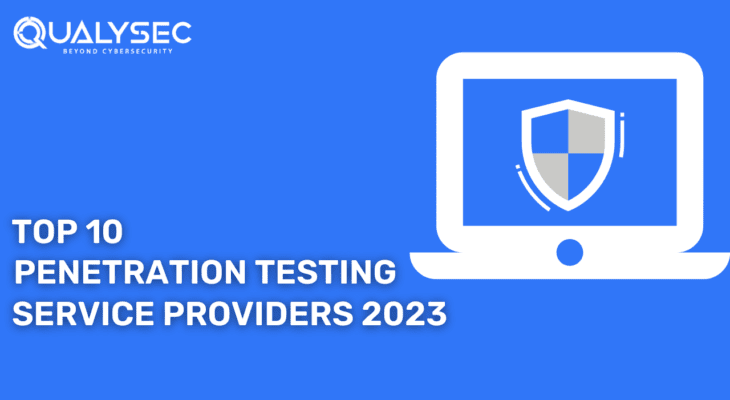
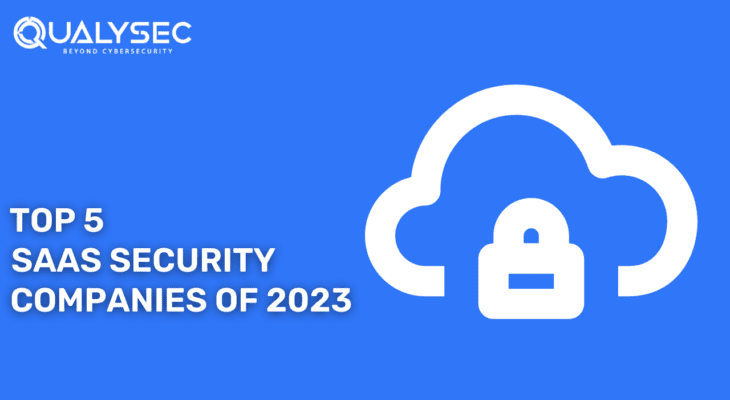
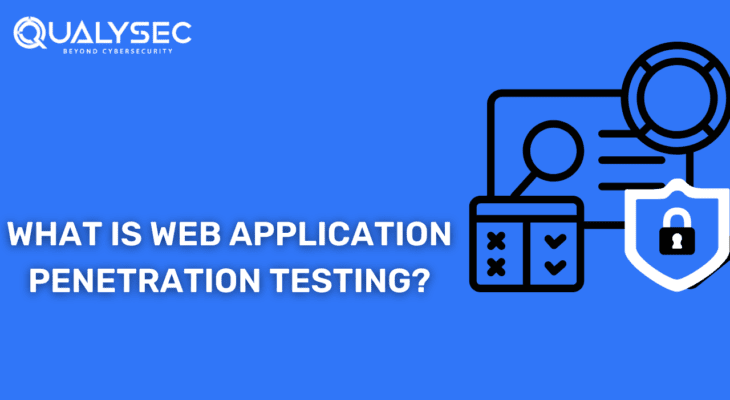
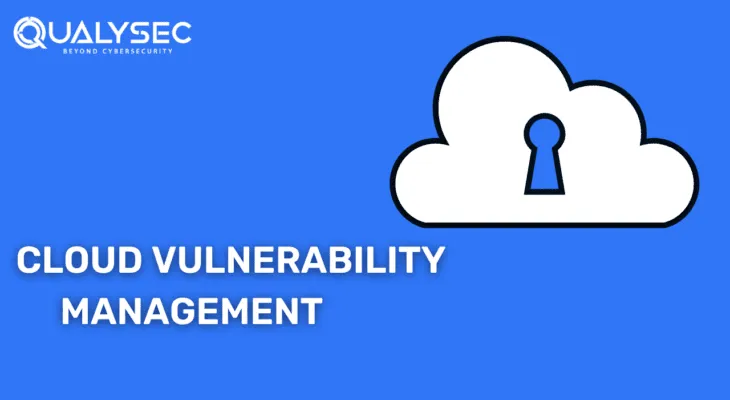


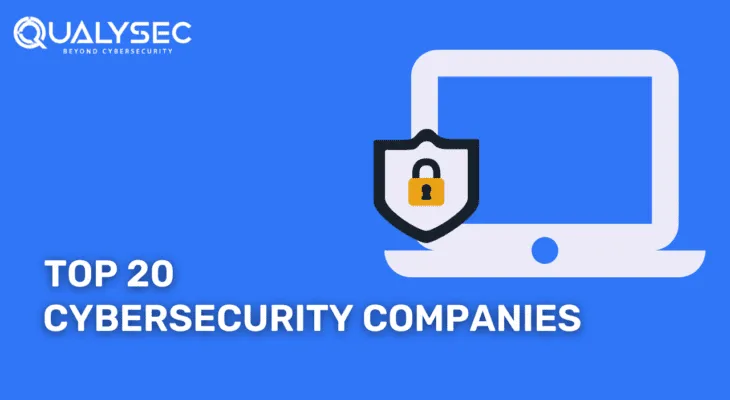
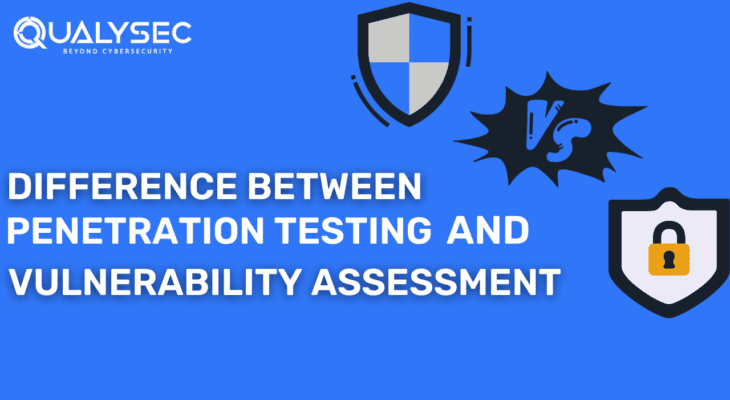
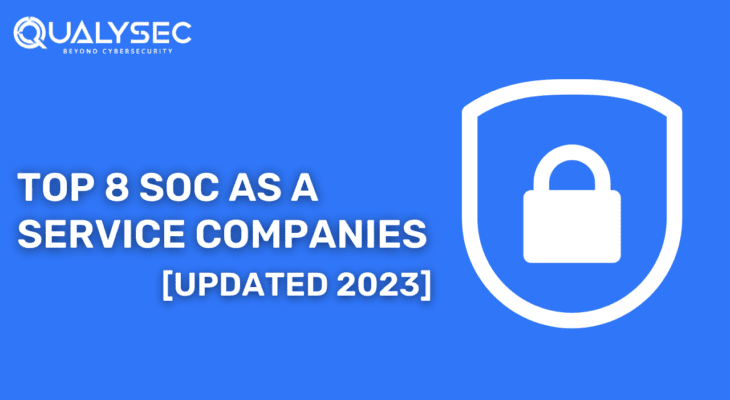

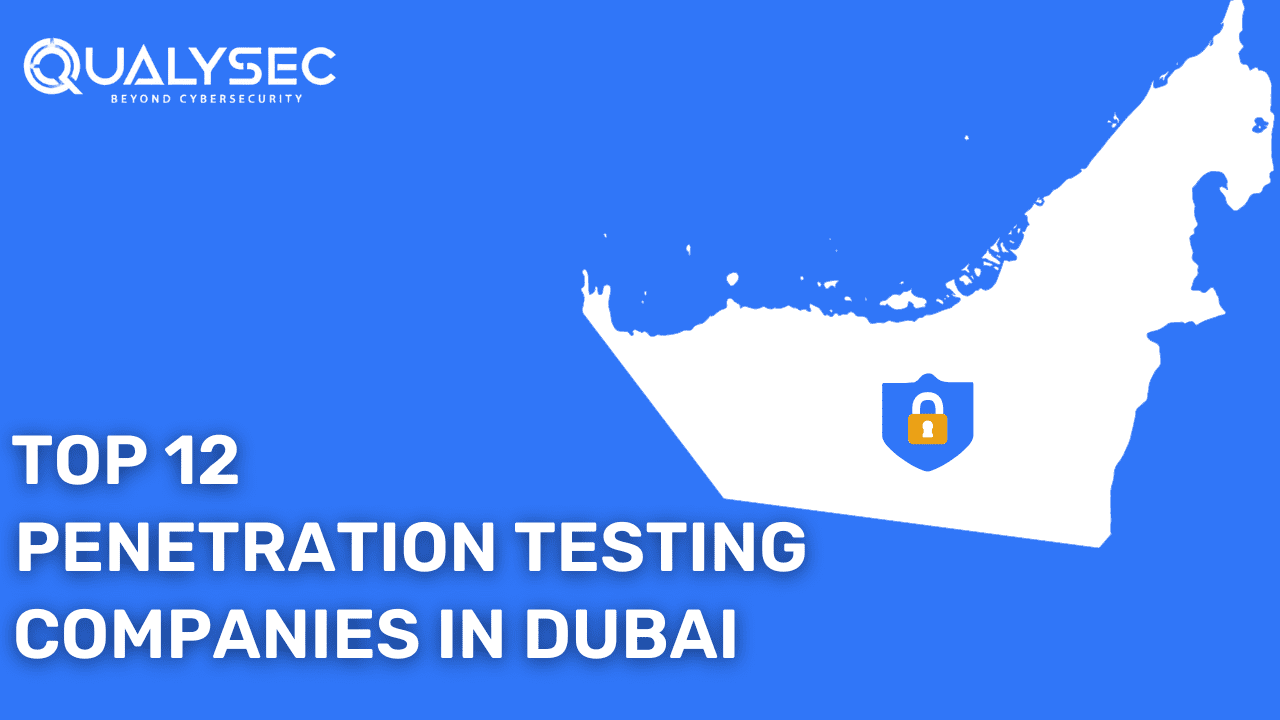
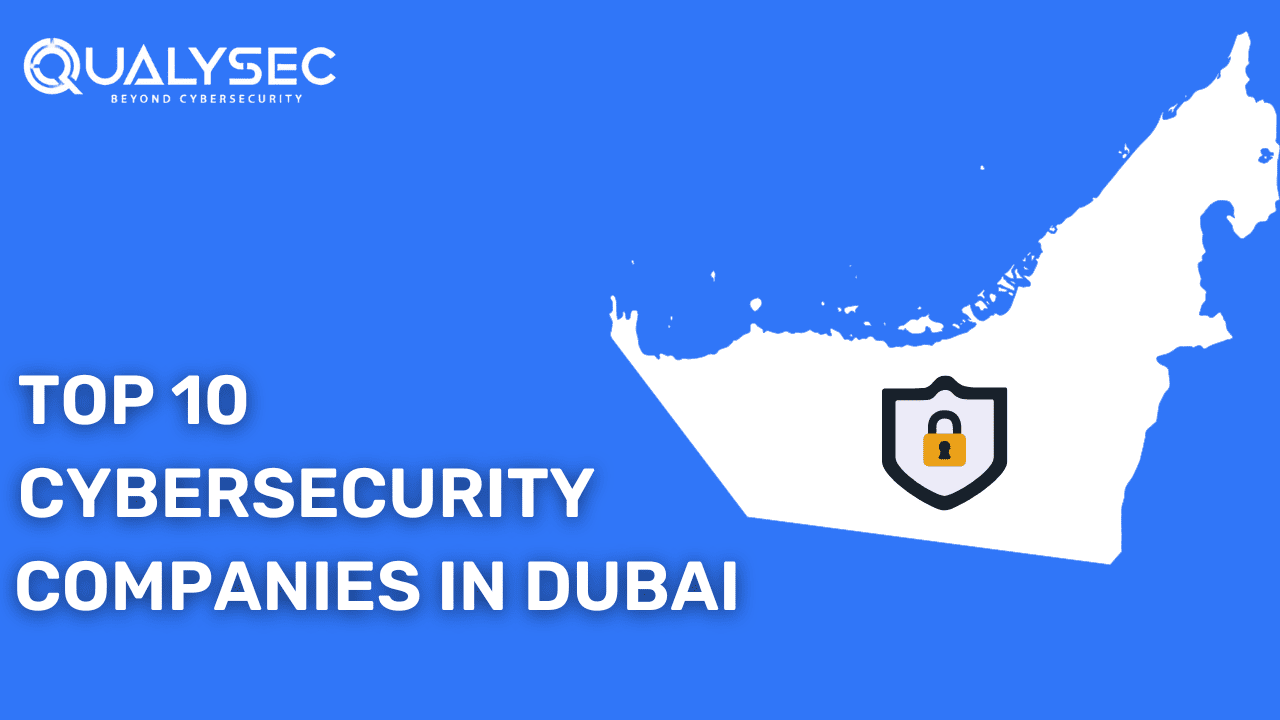
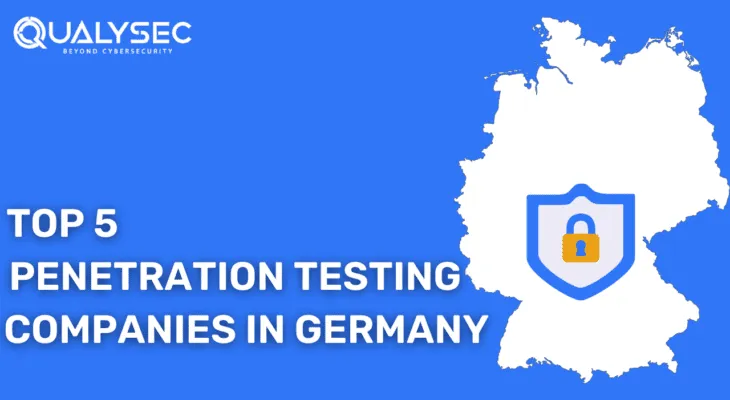
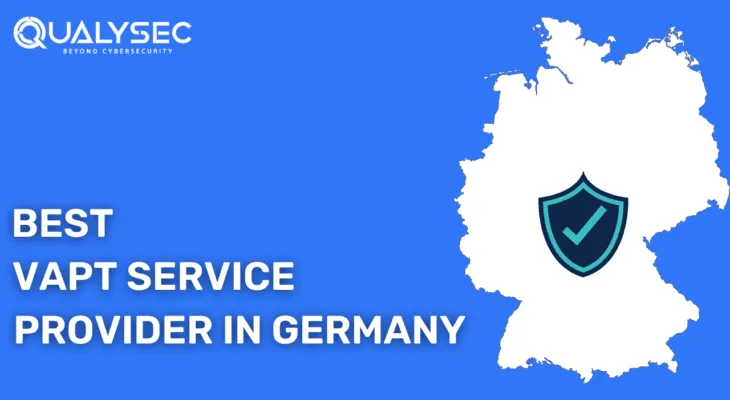
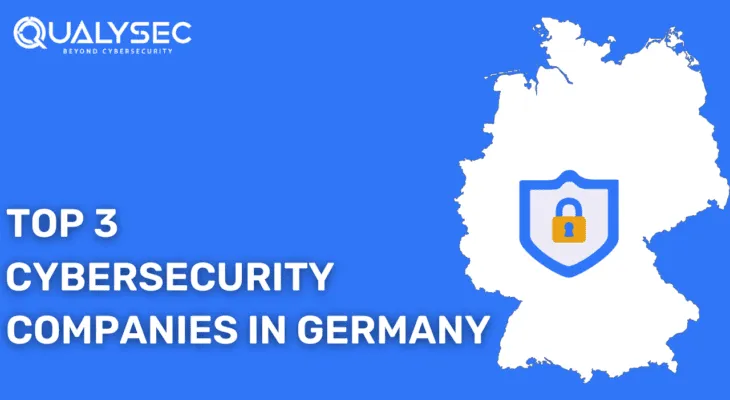
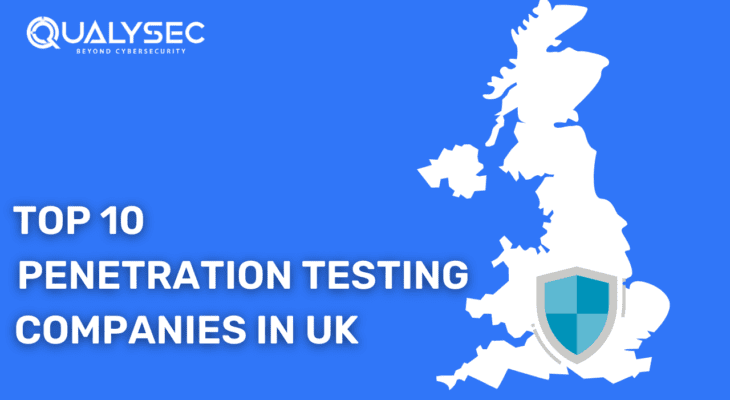

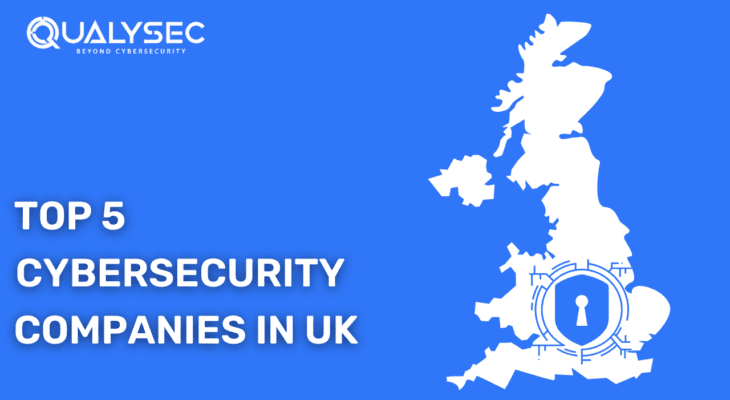
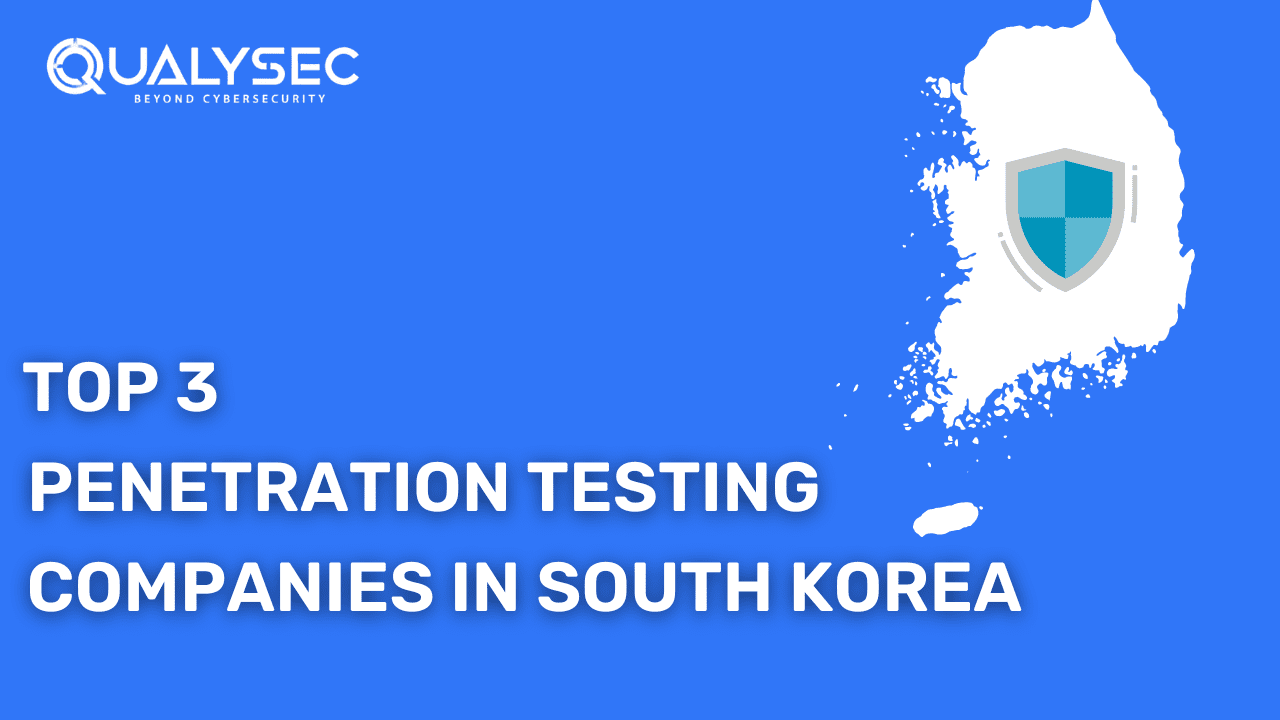
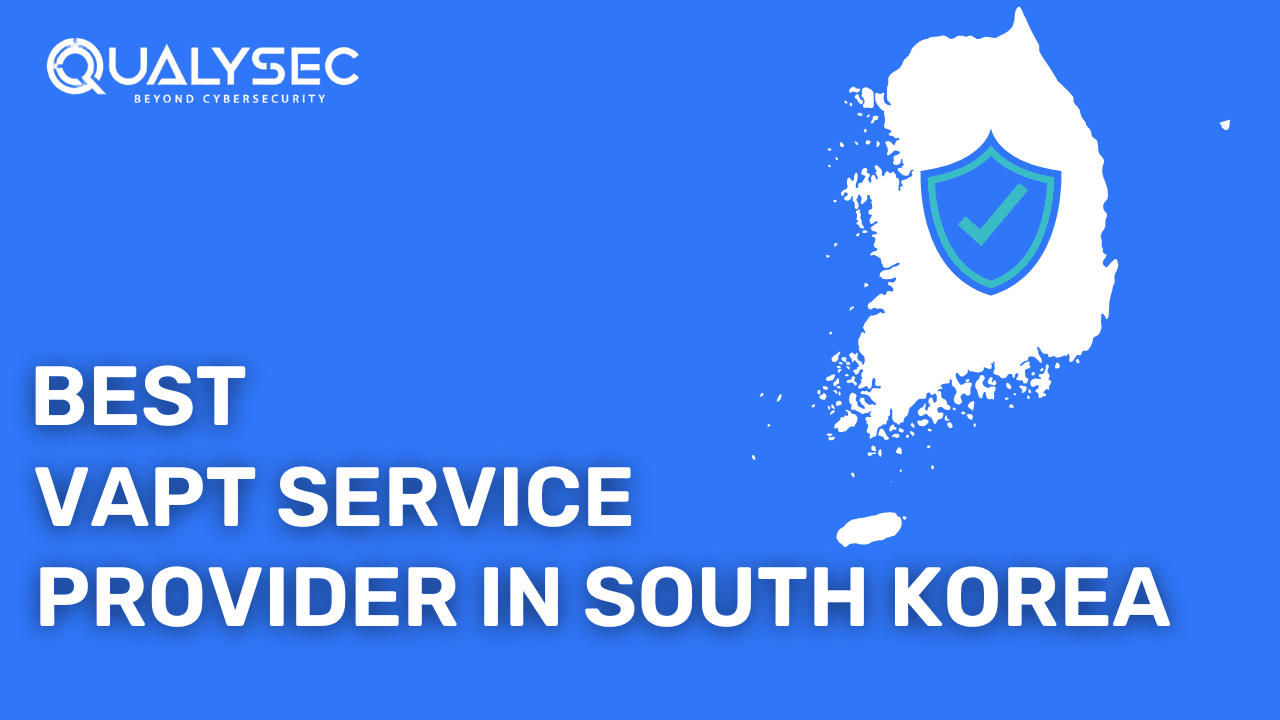
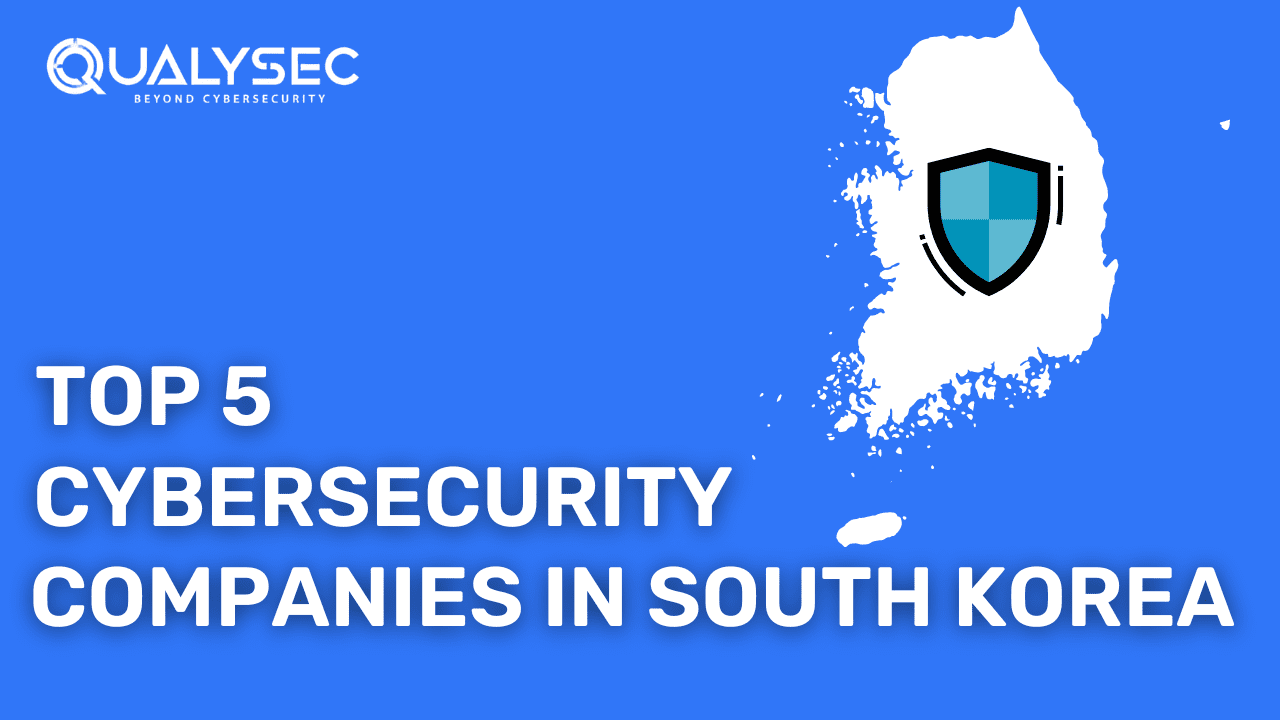
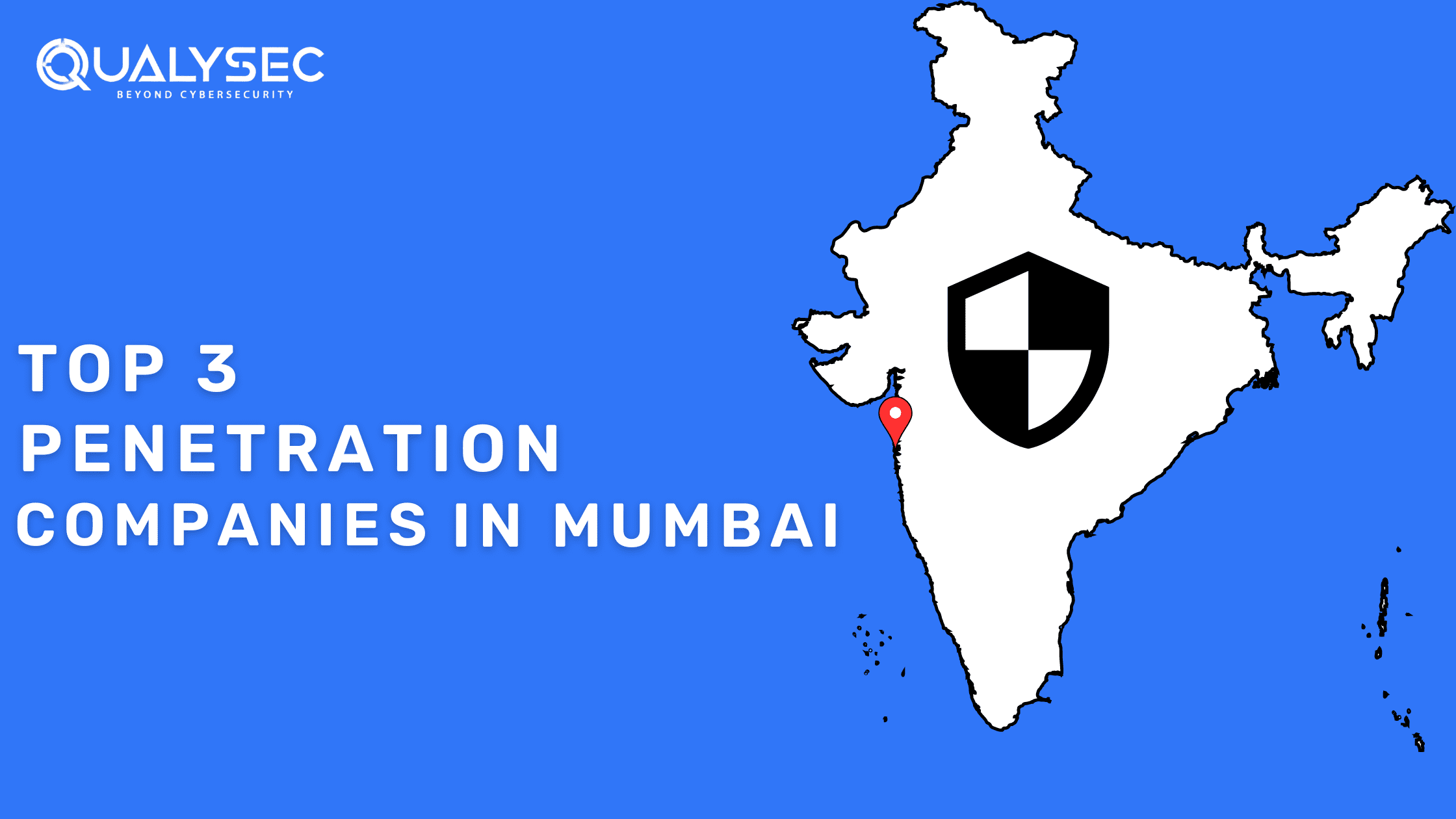
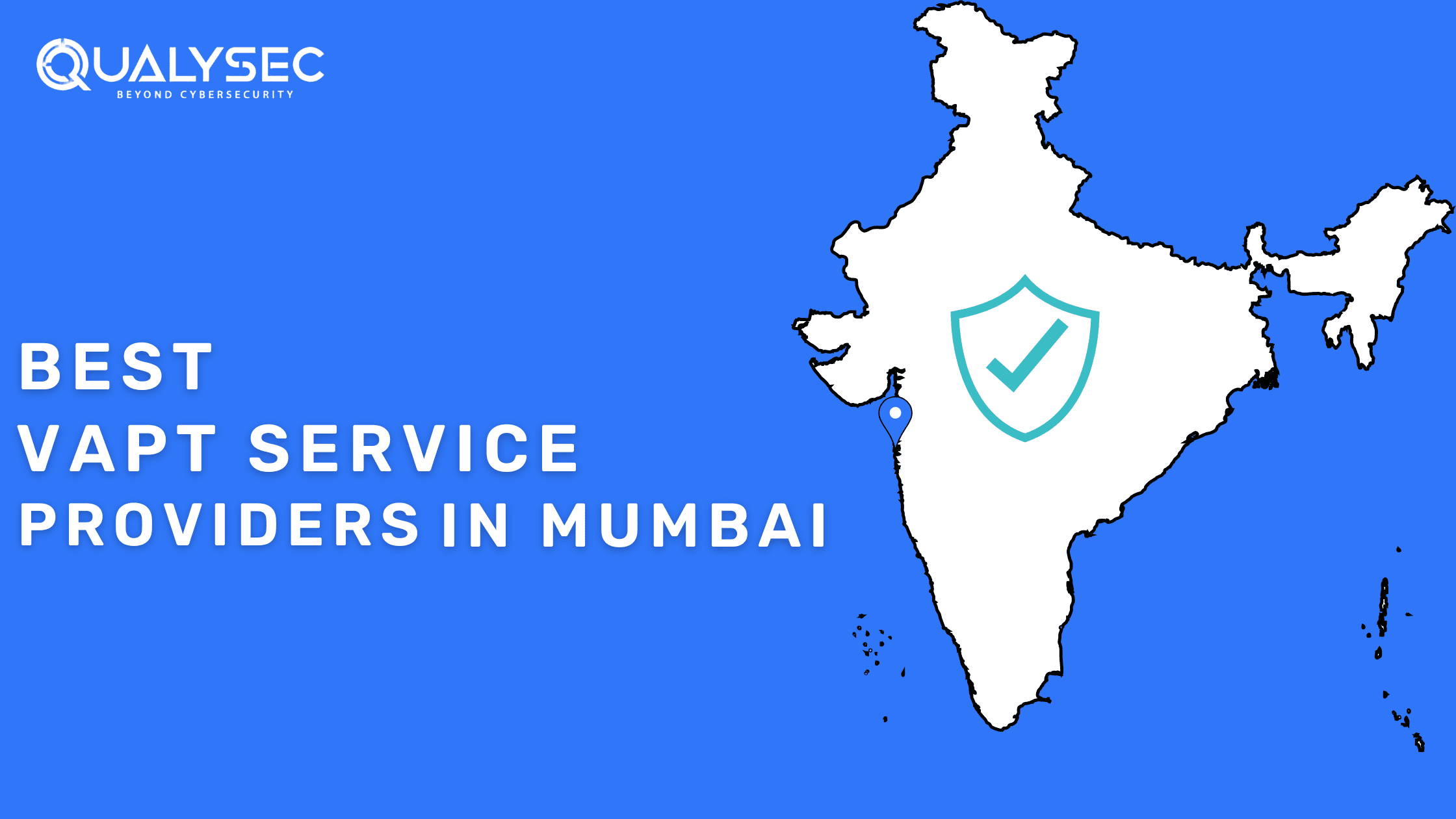
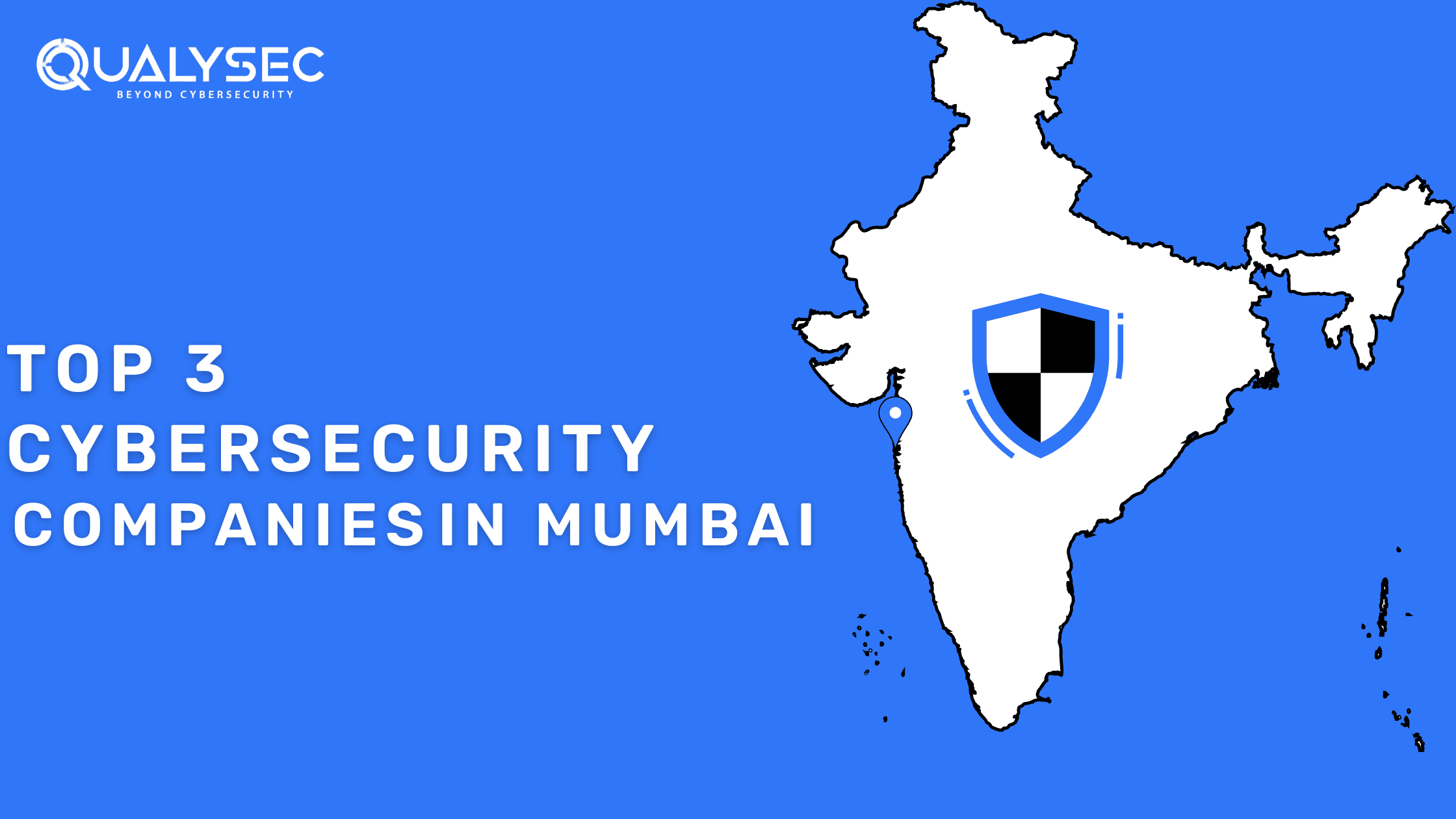
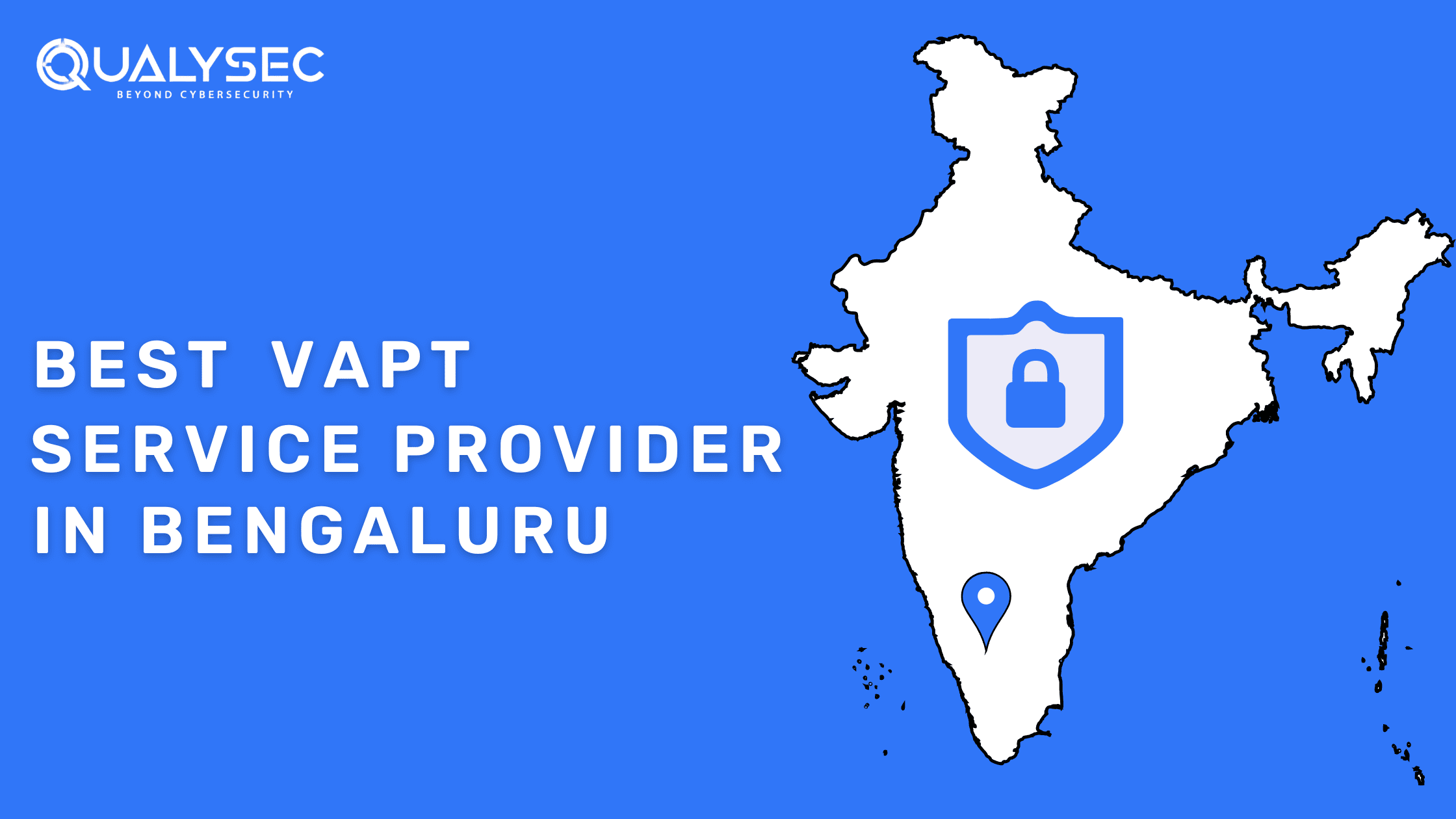
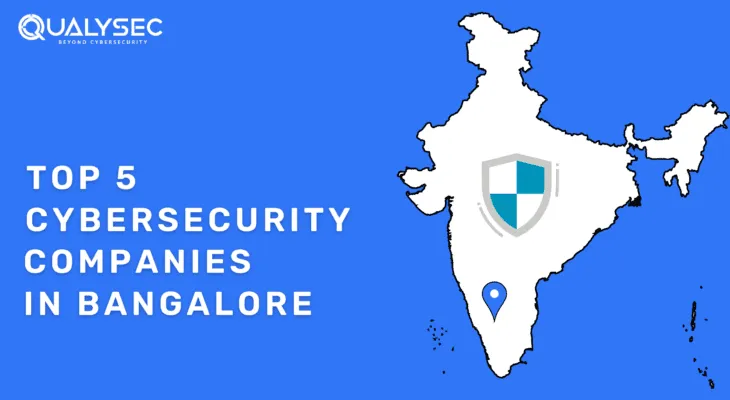
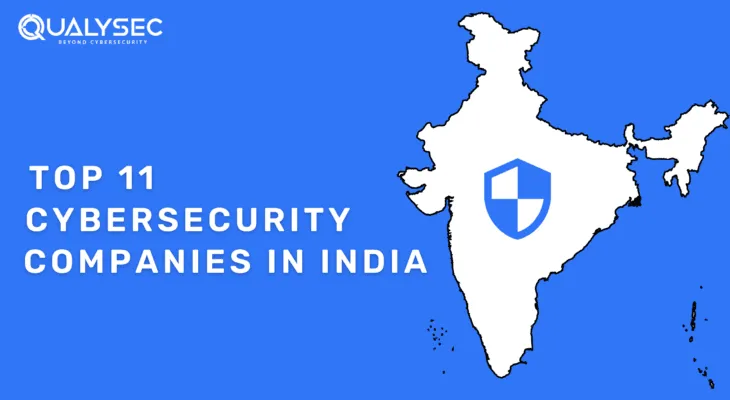
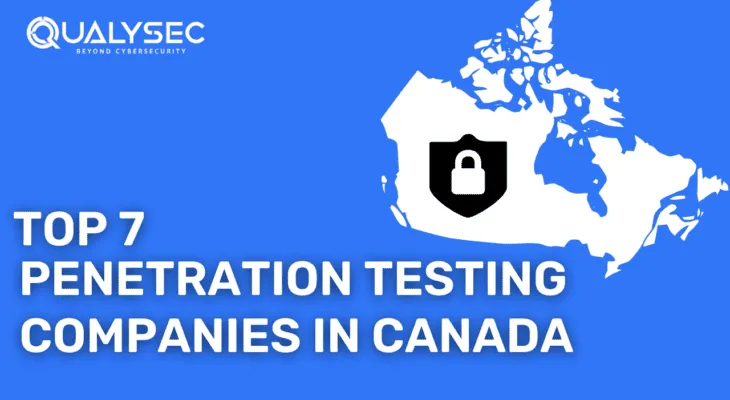
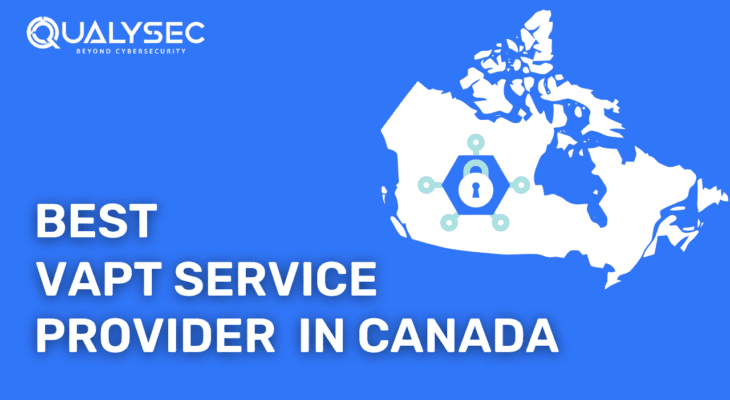

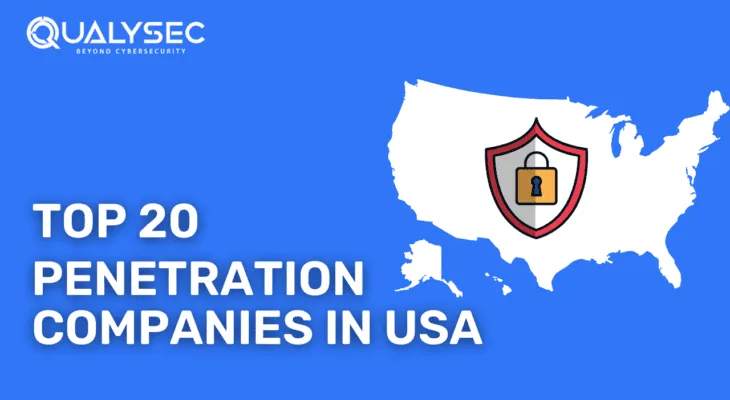
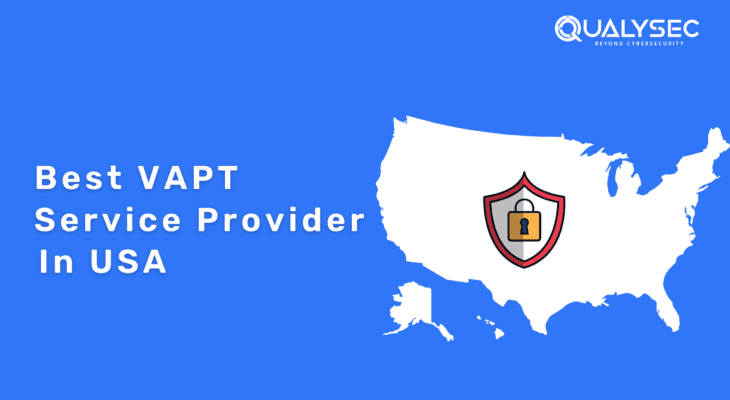
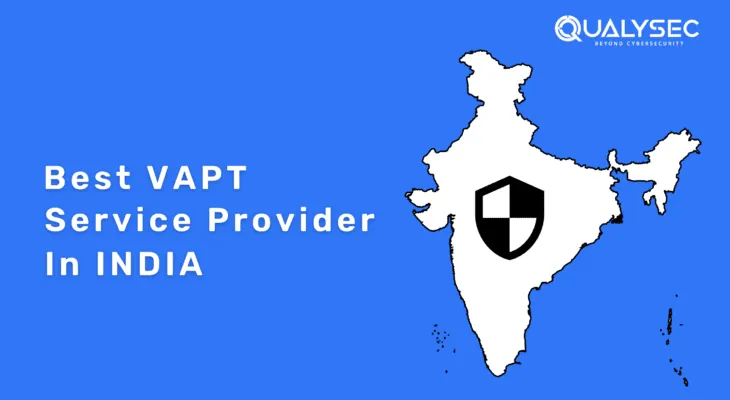
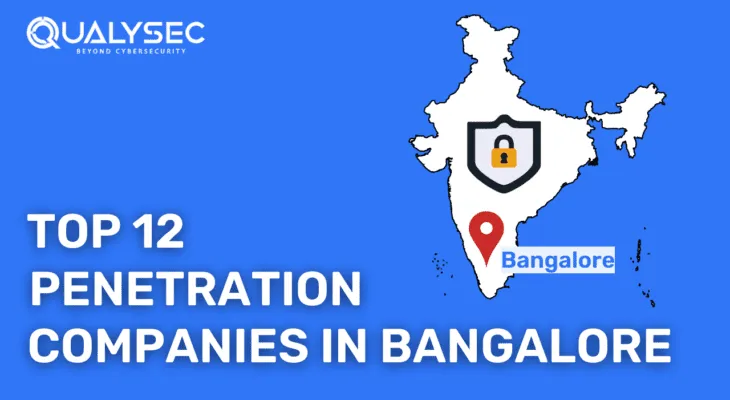


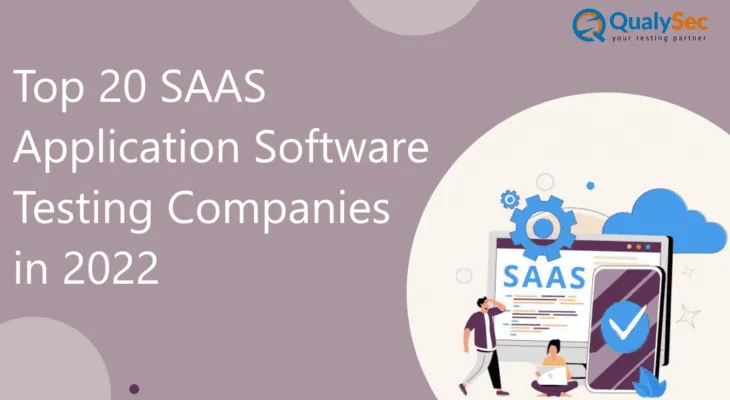








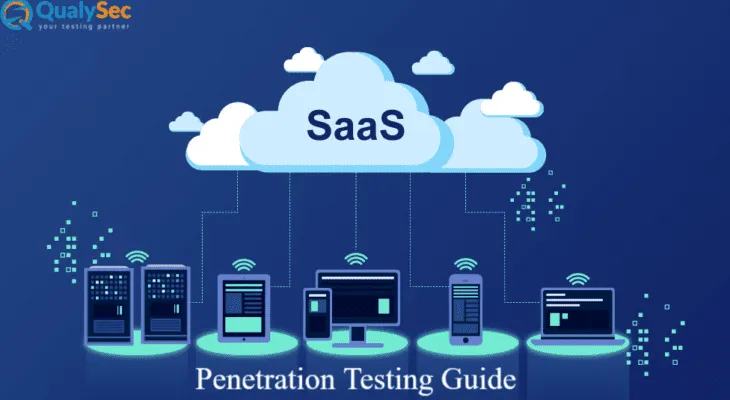
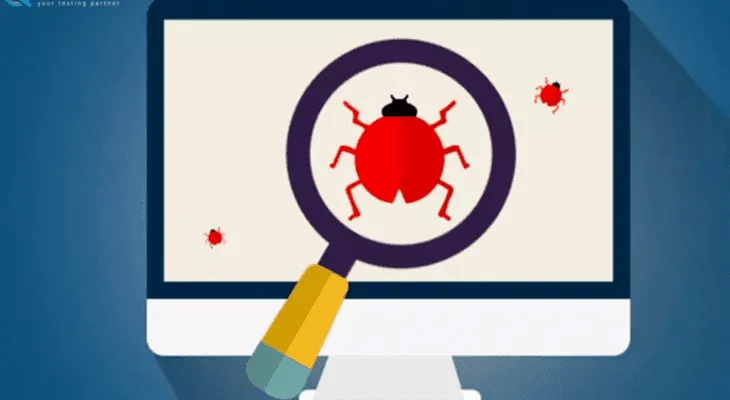
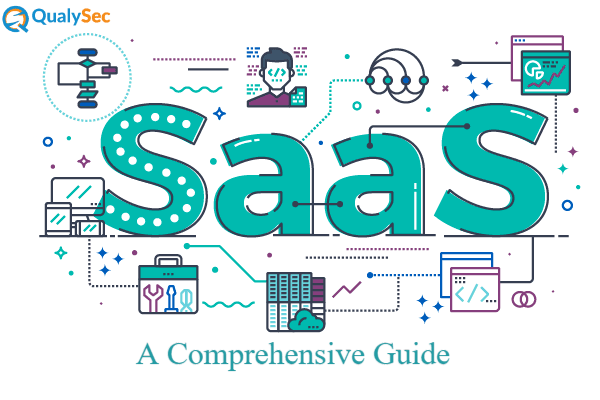

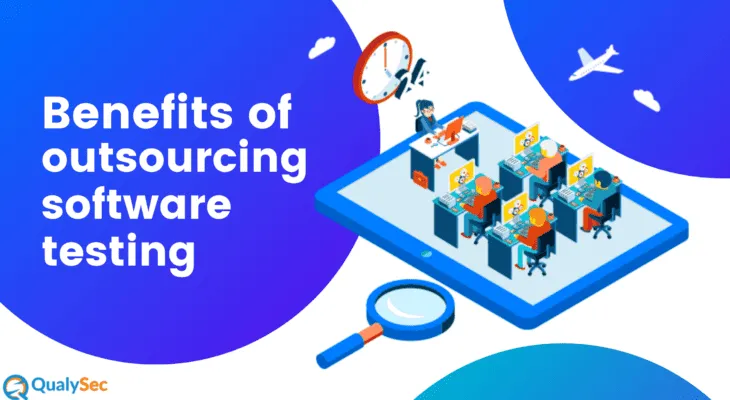

























































0 Comments